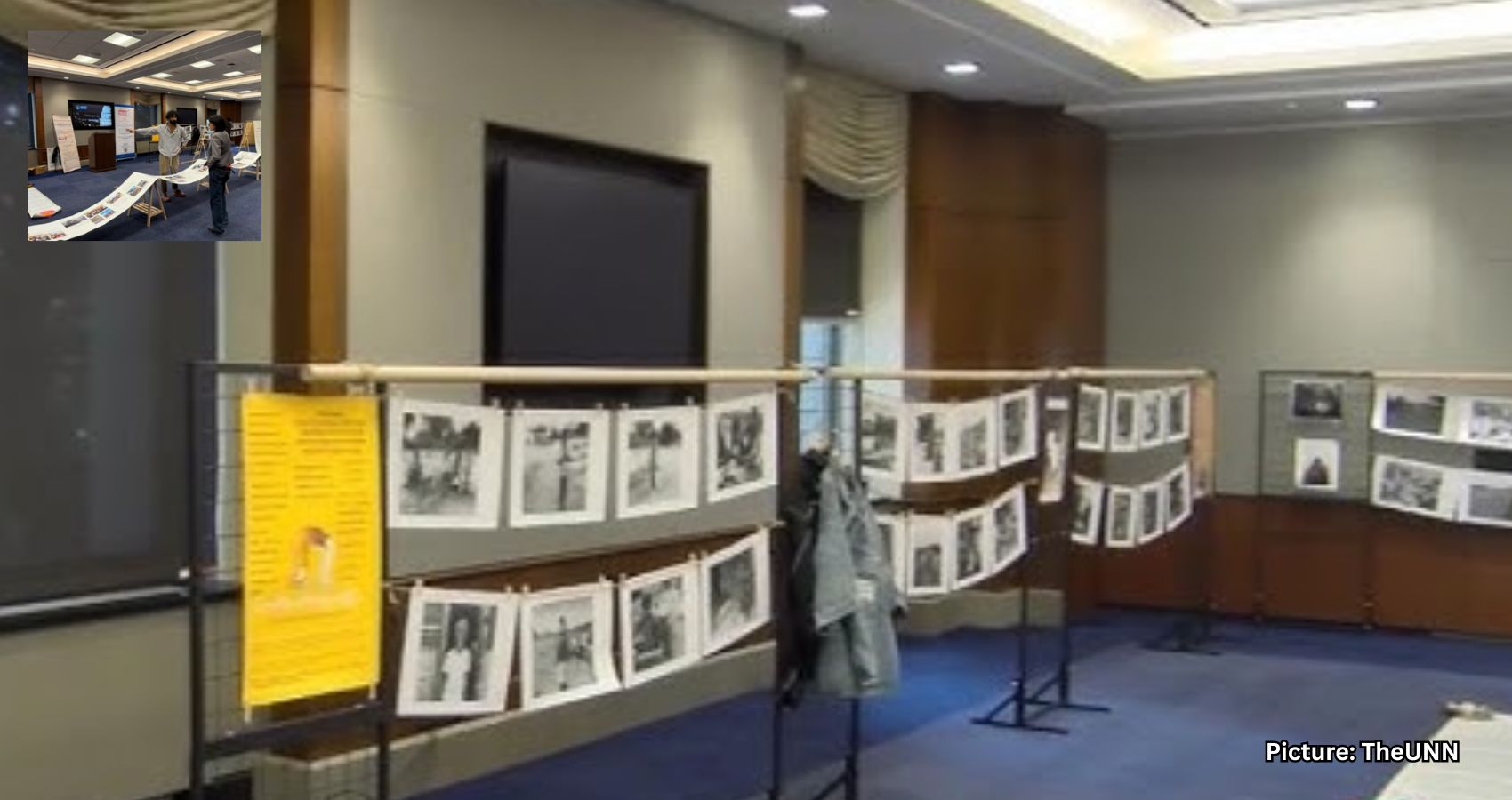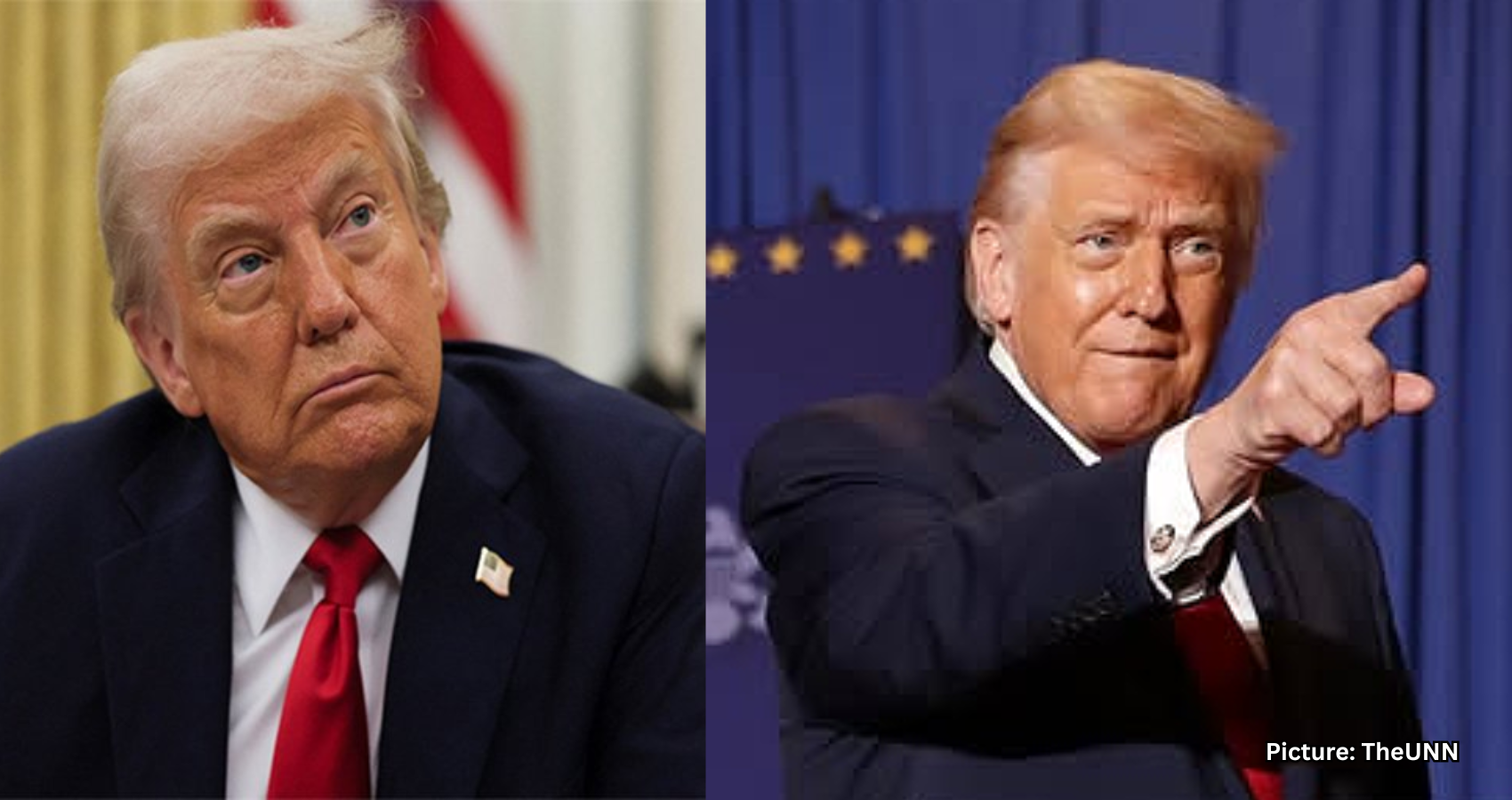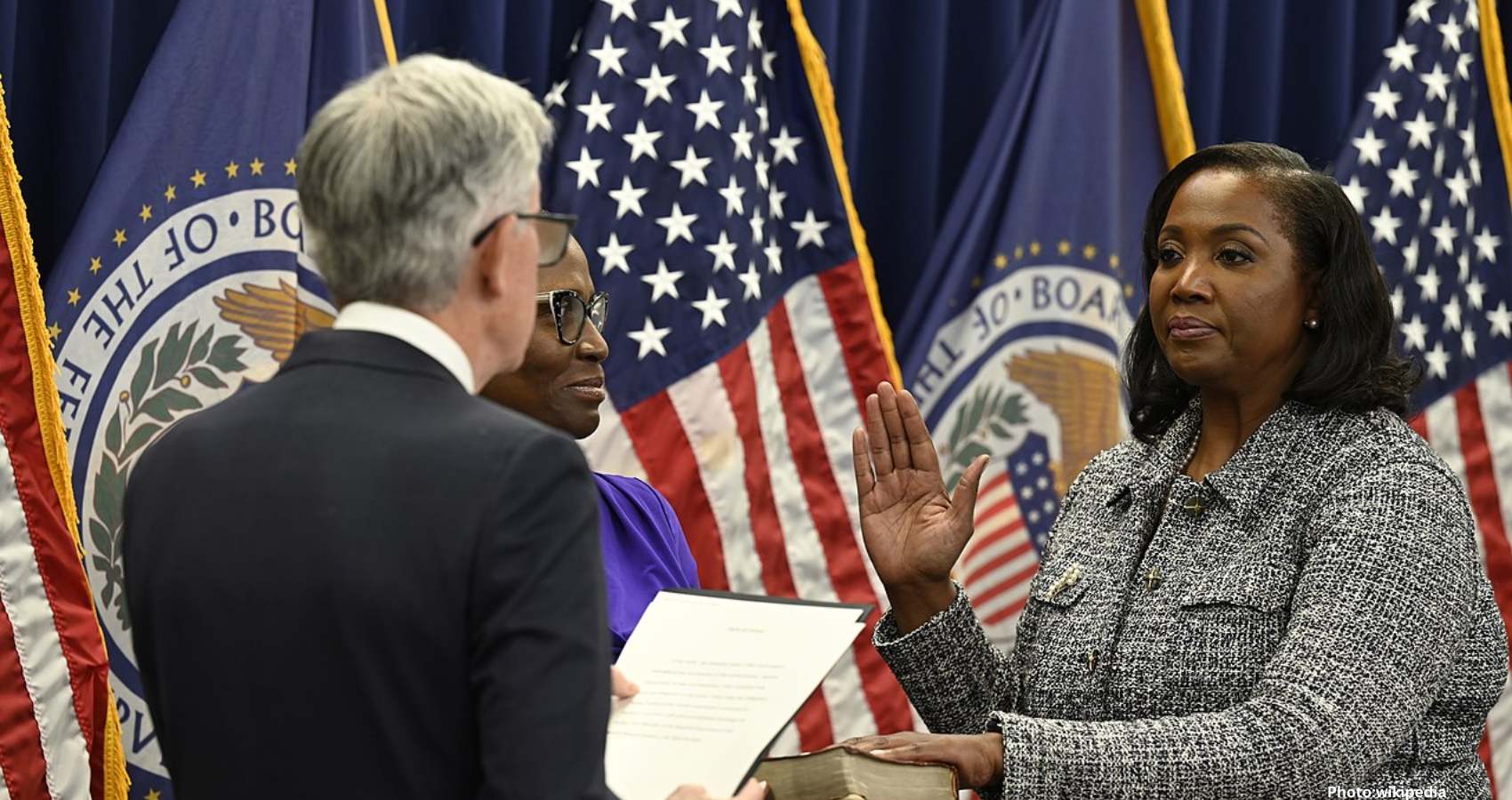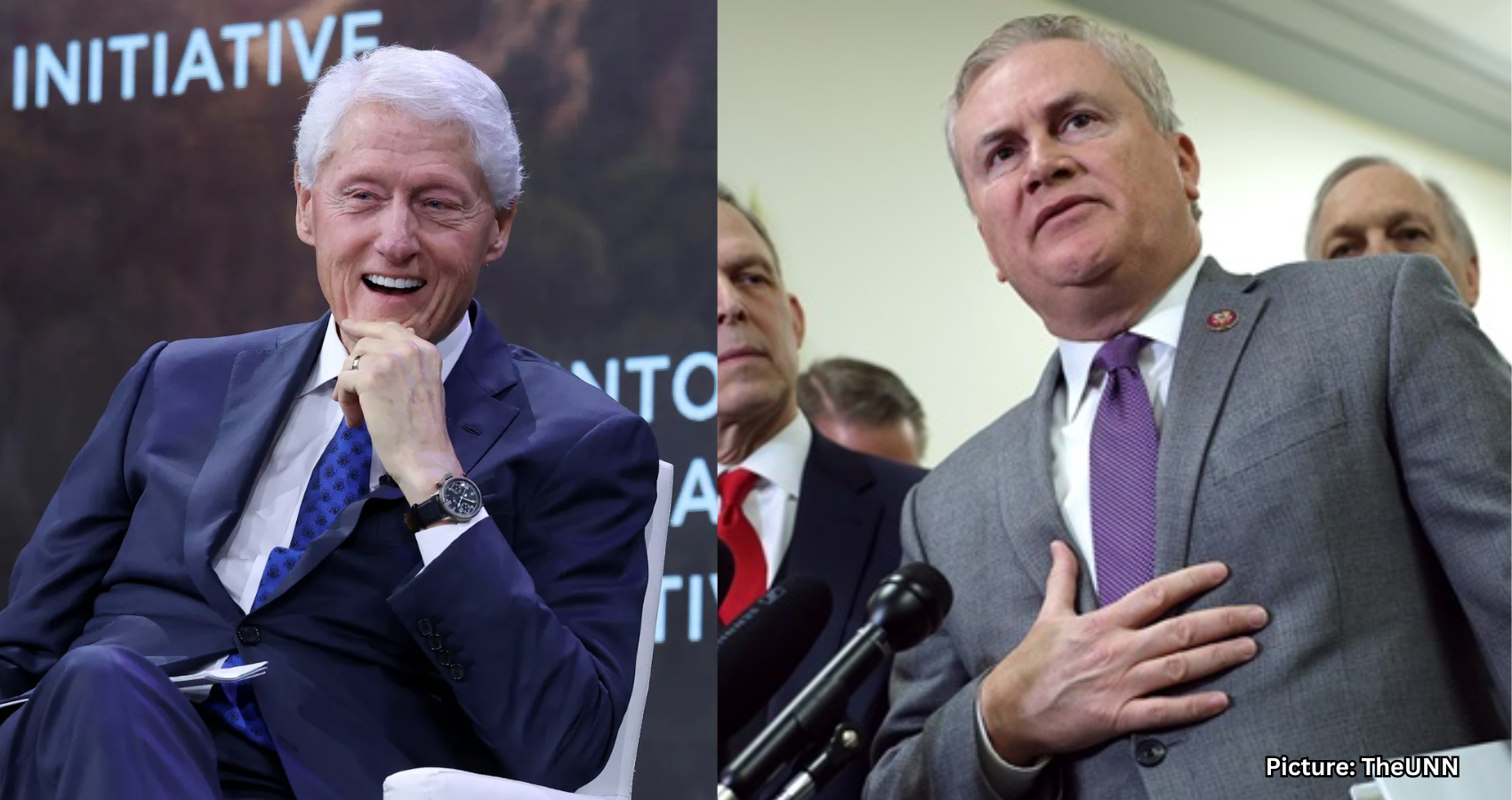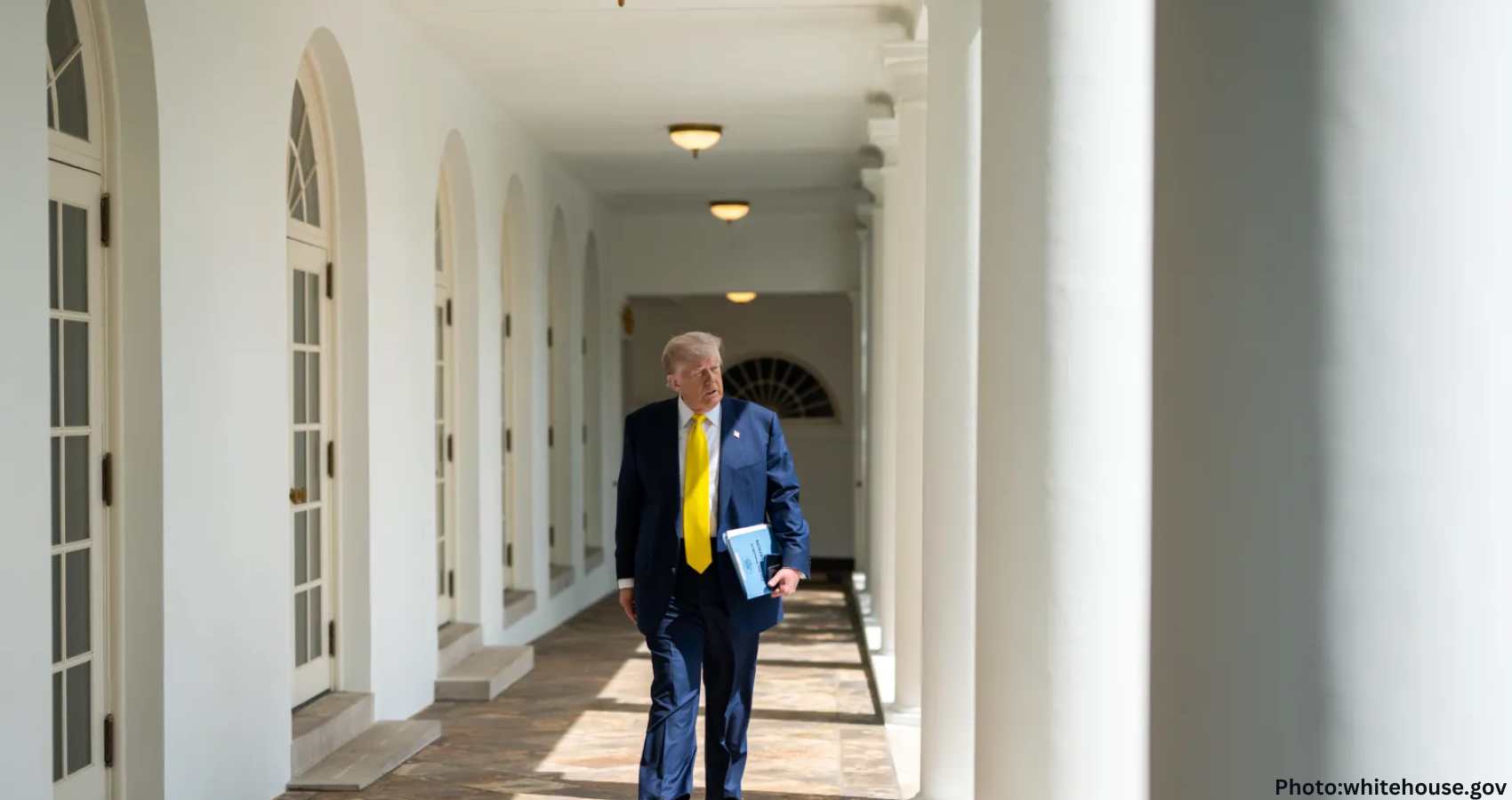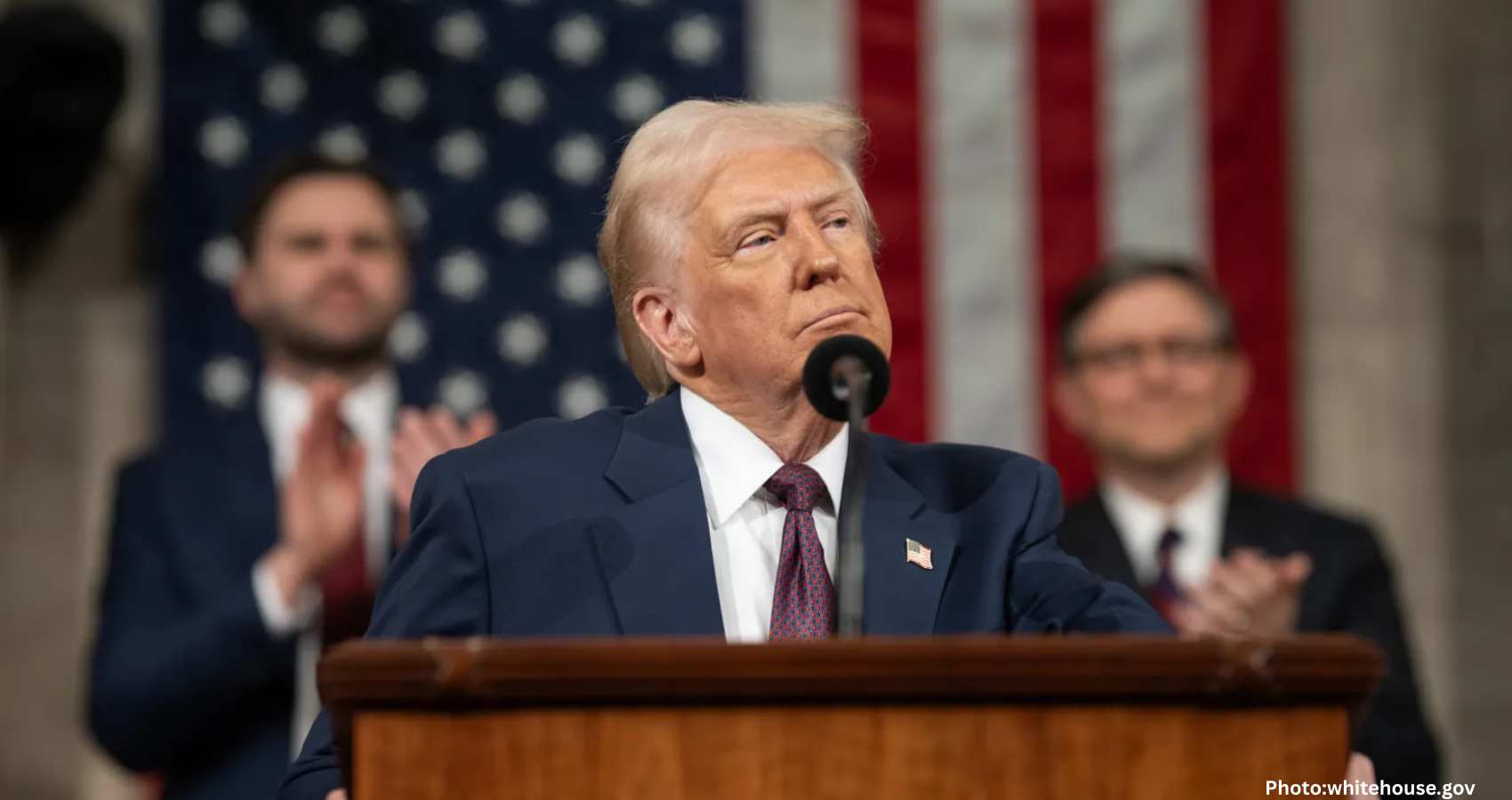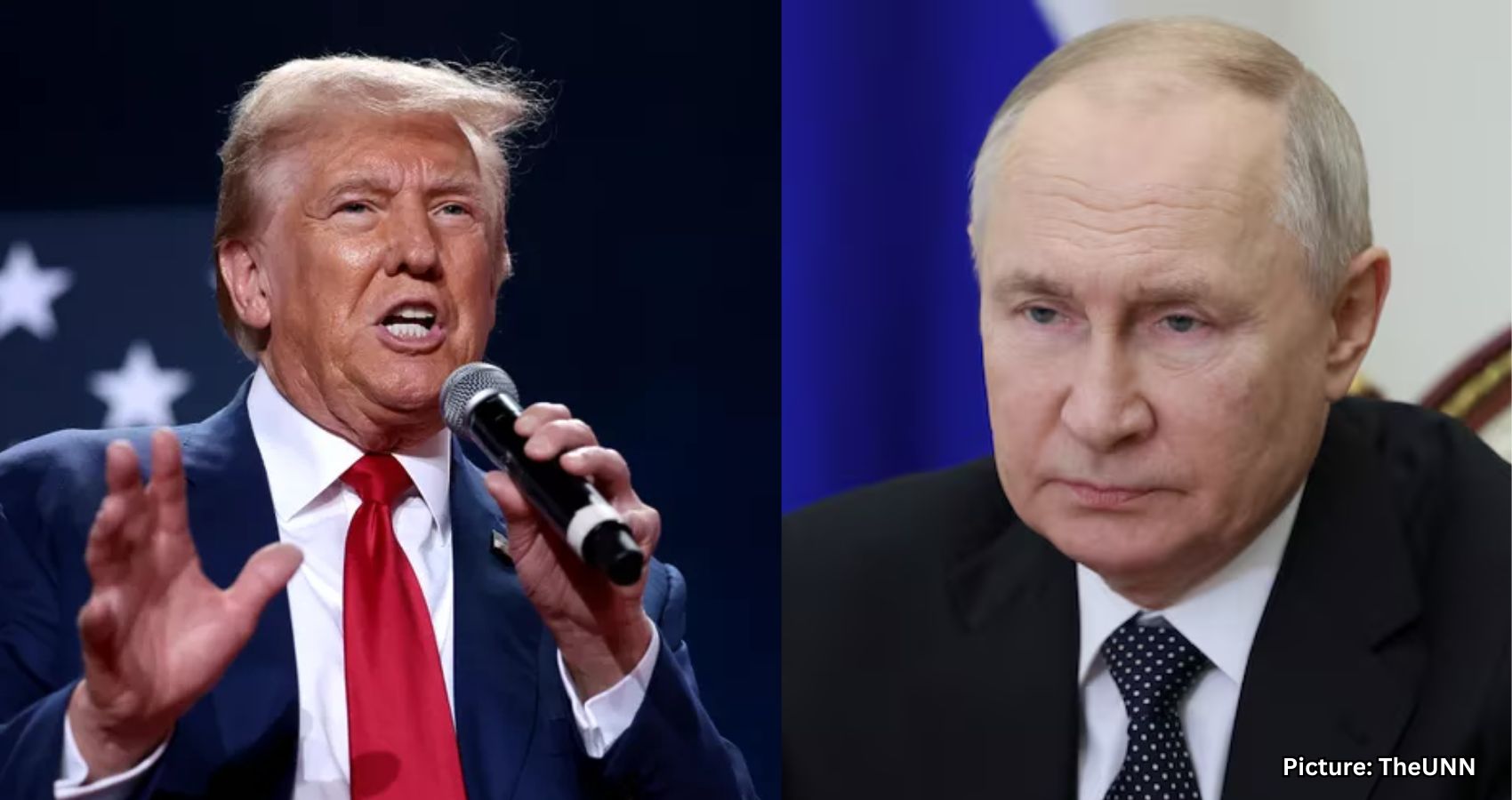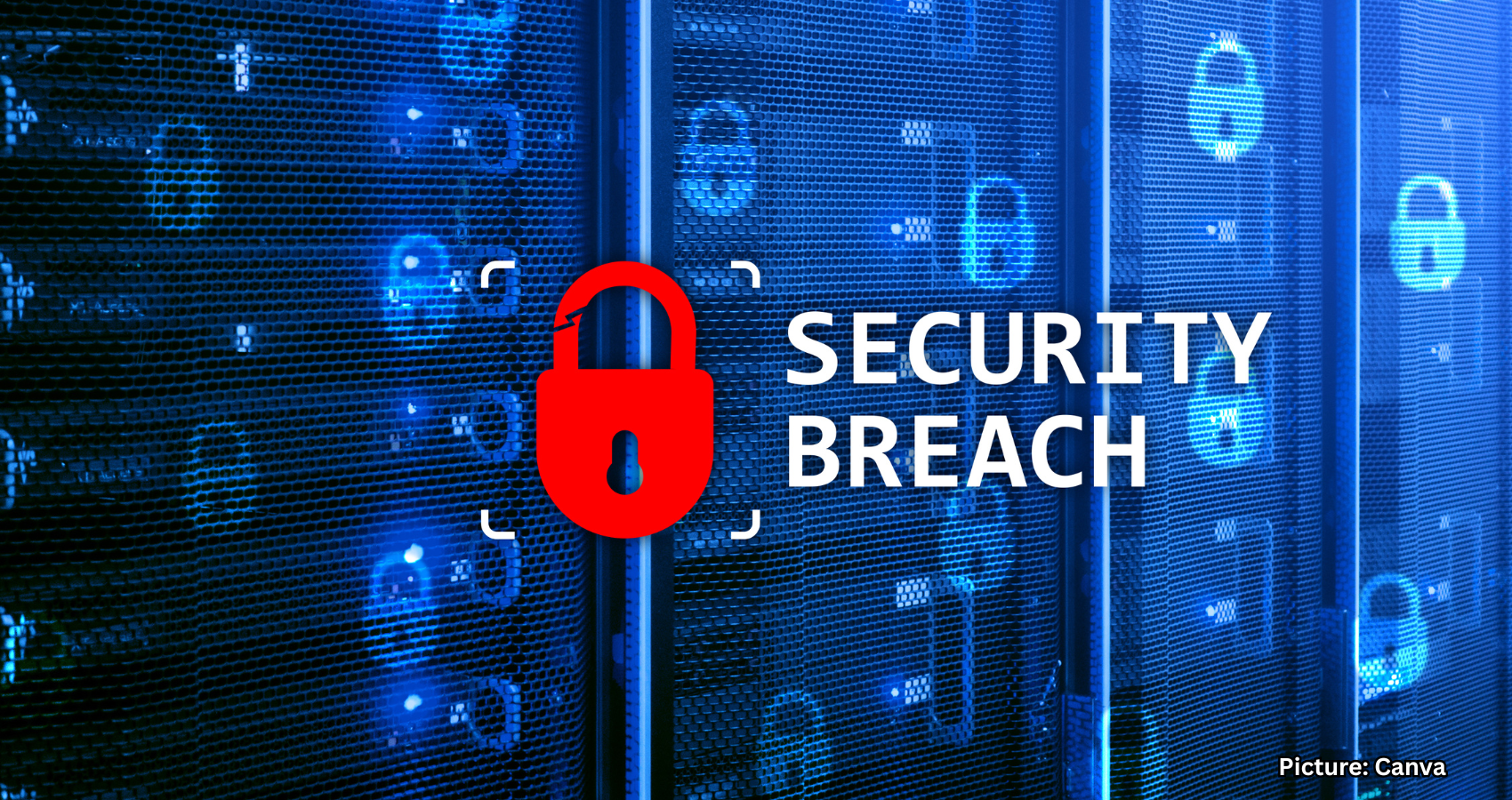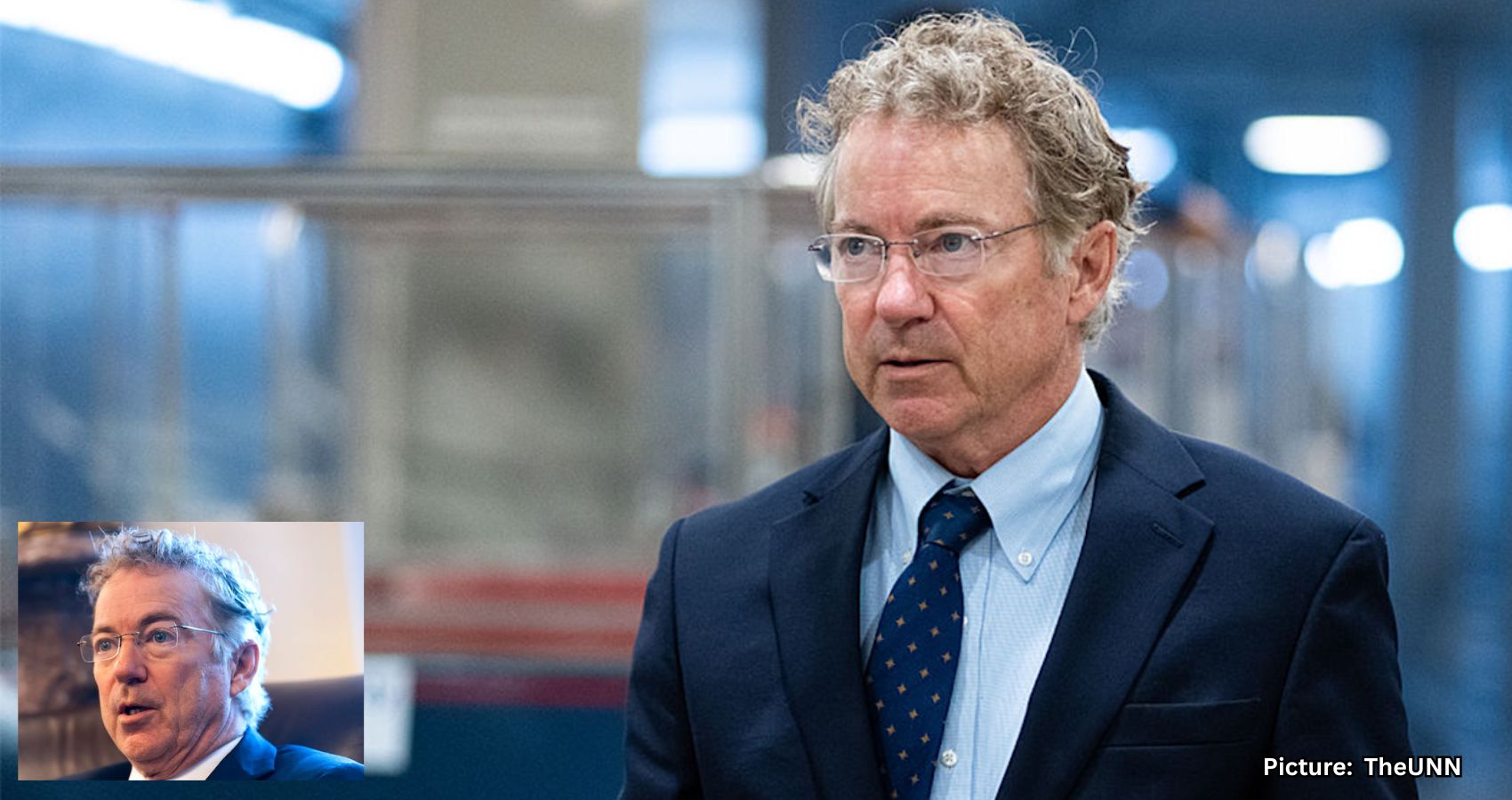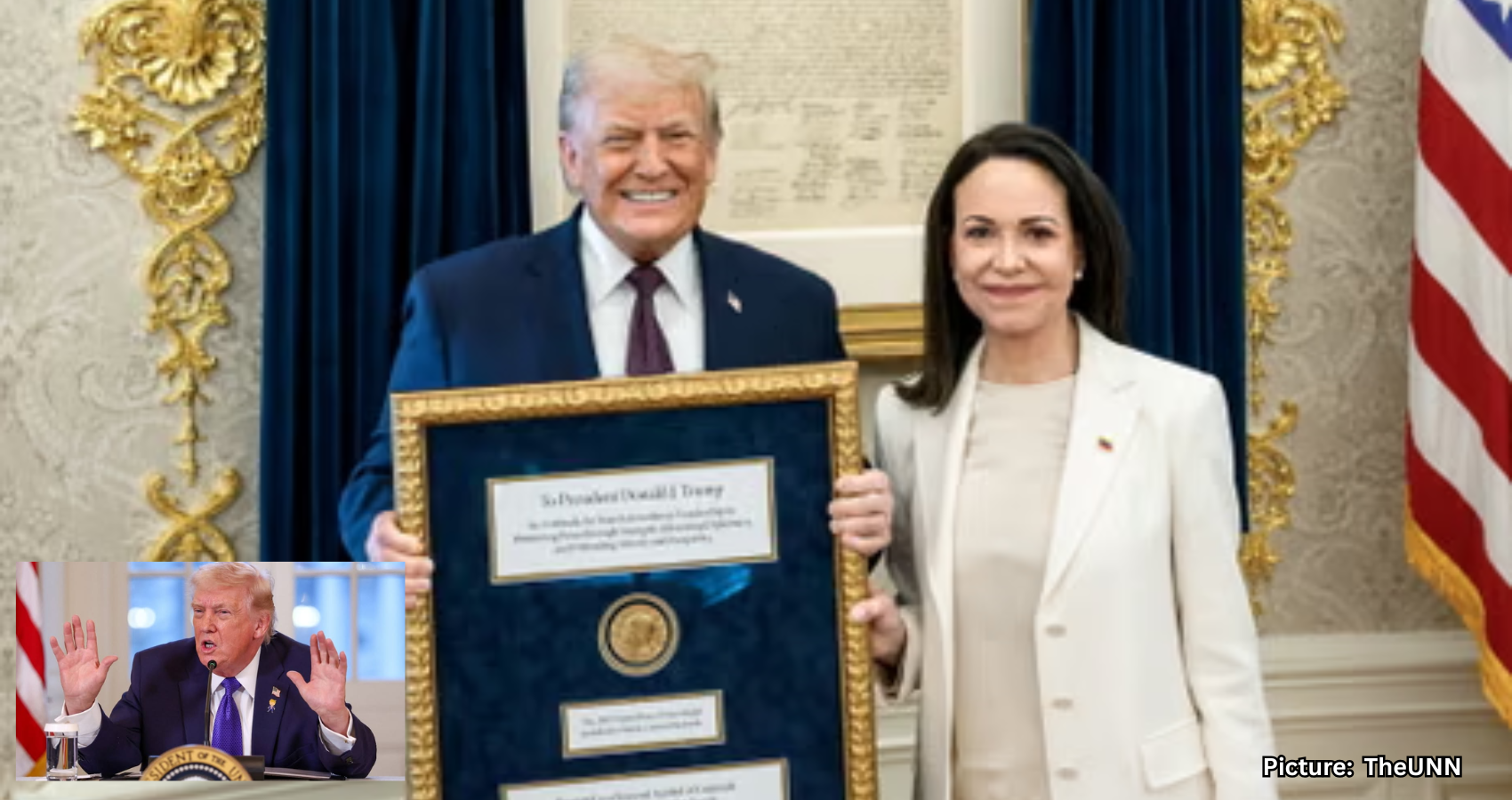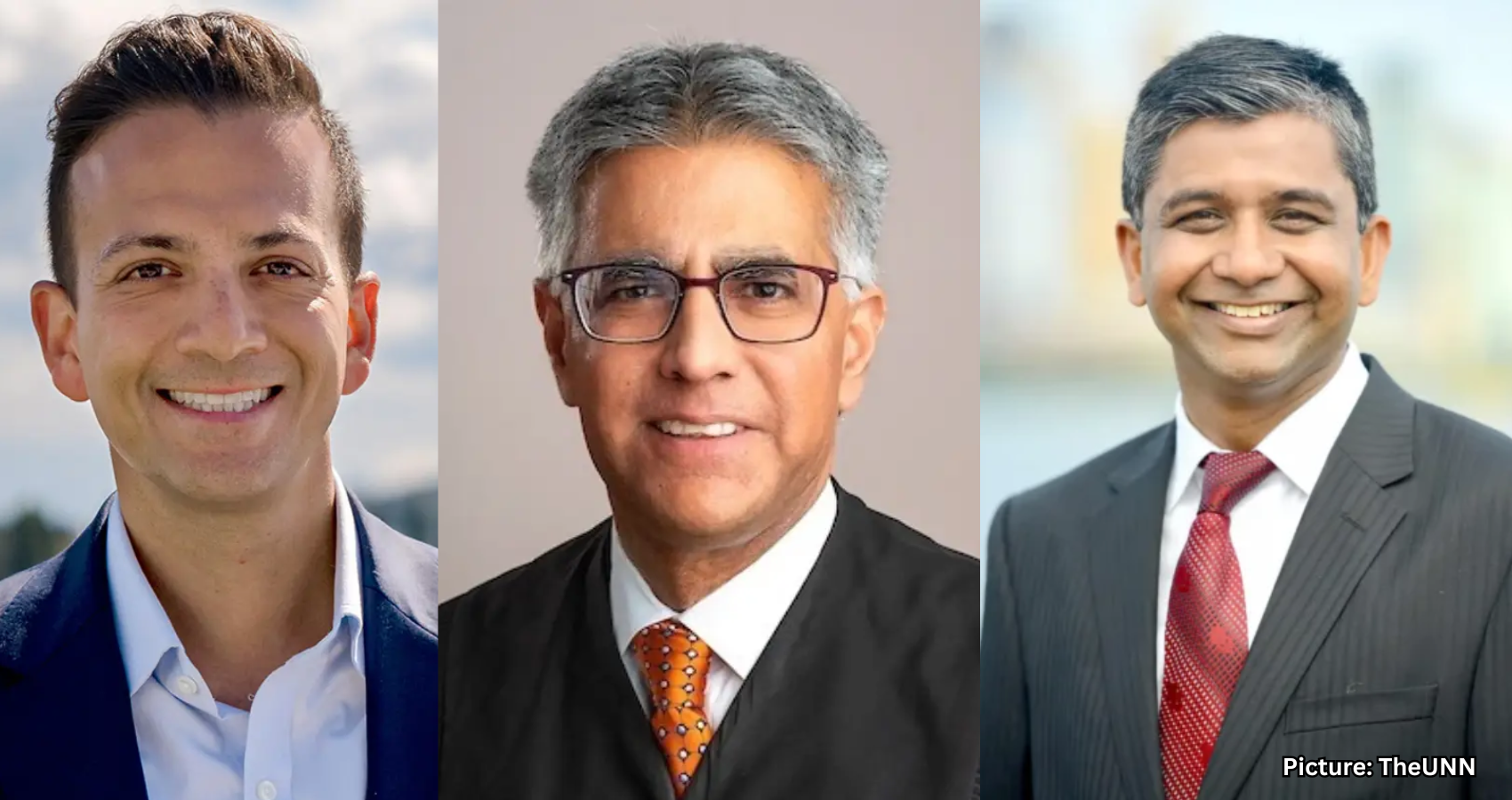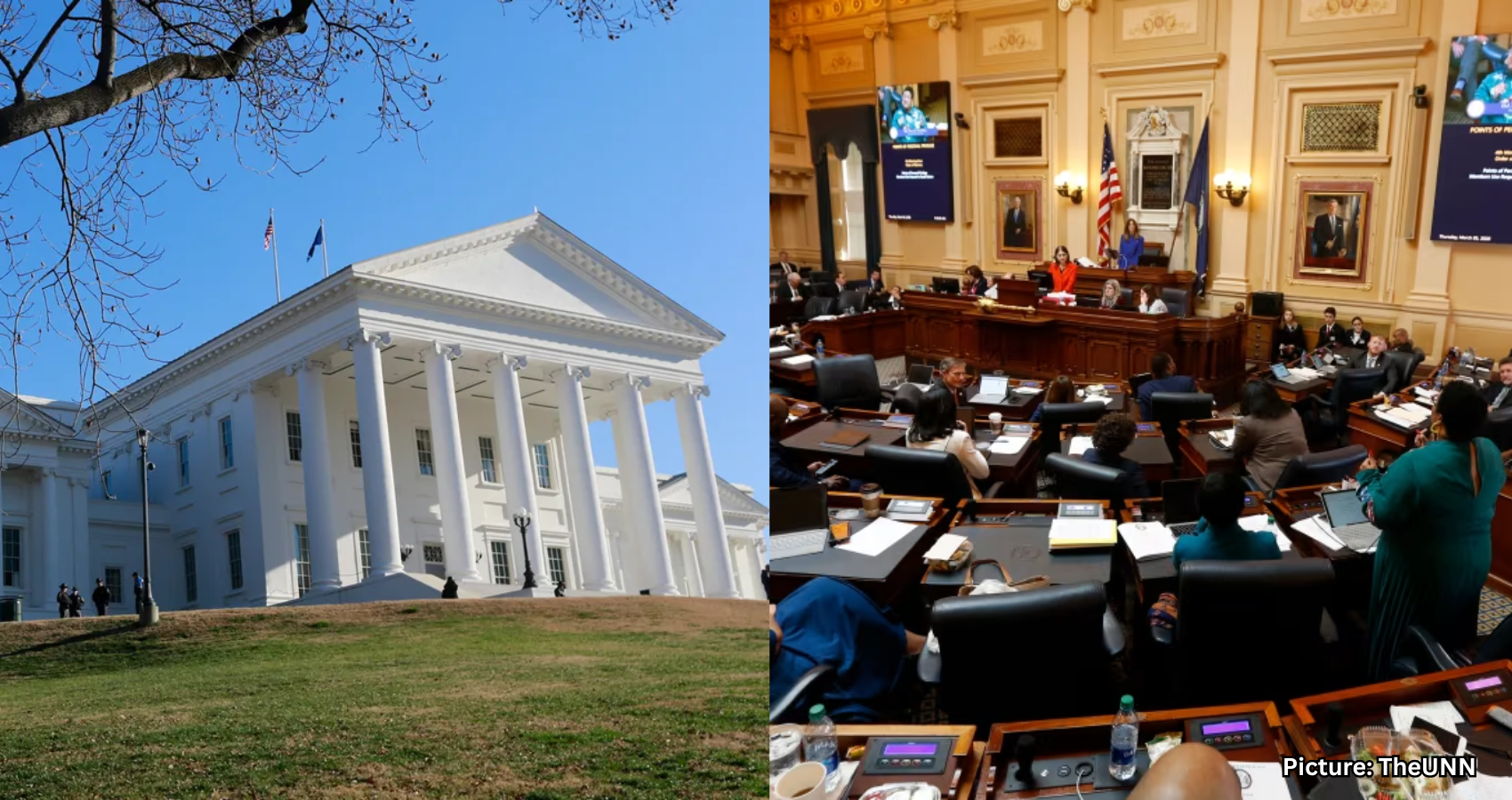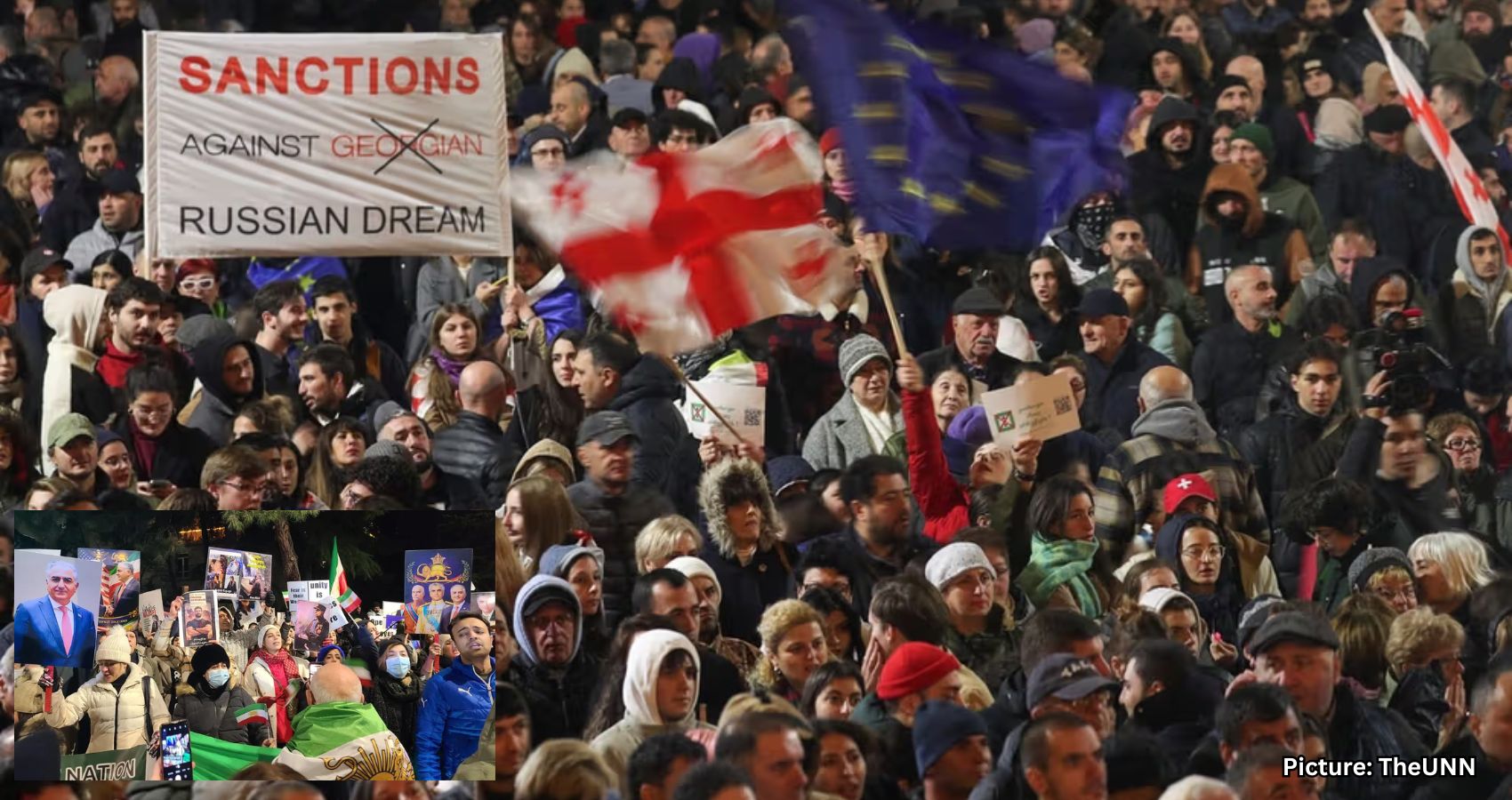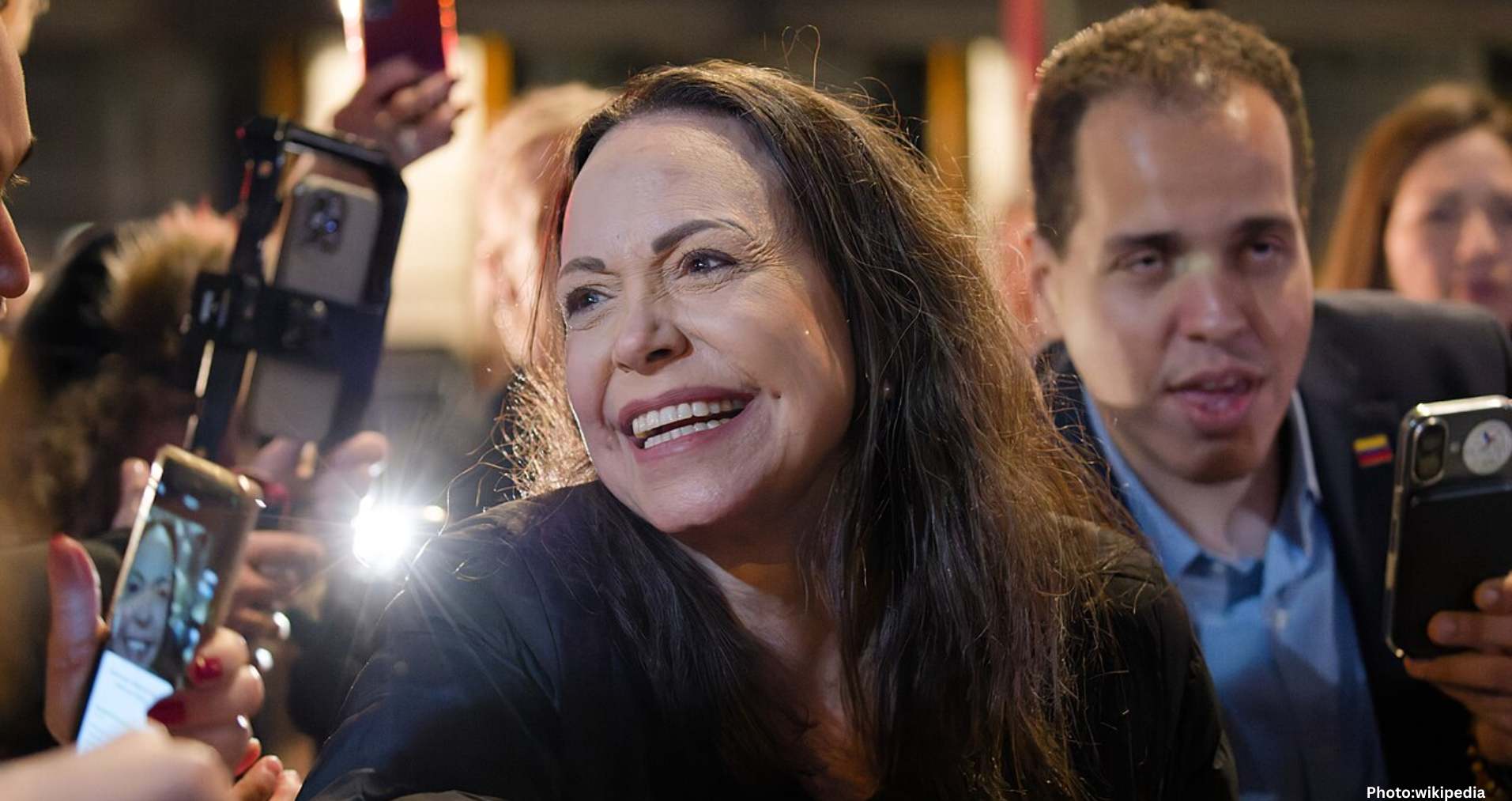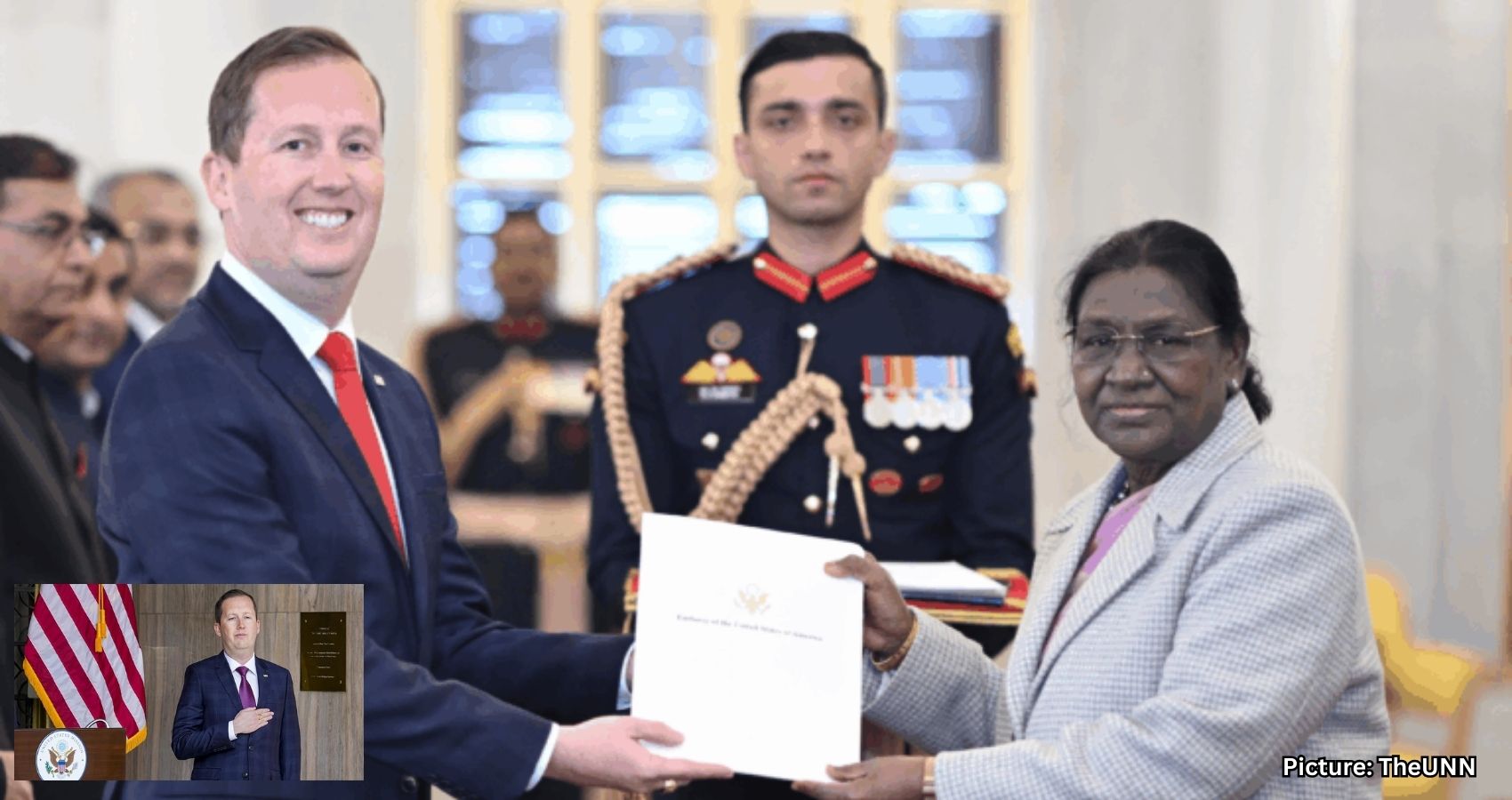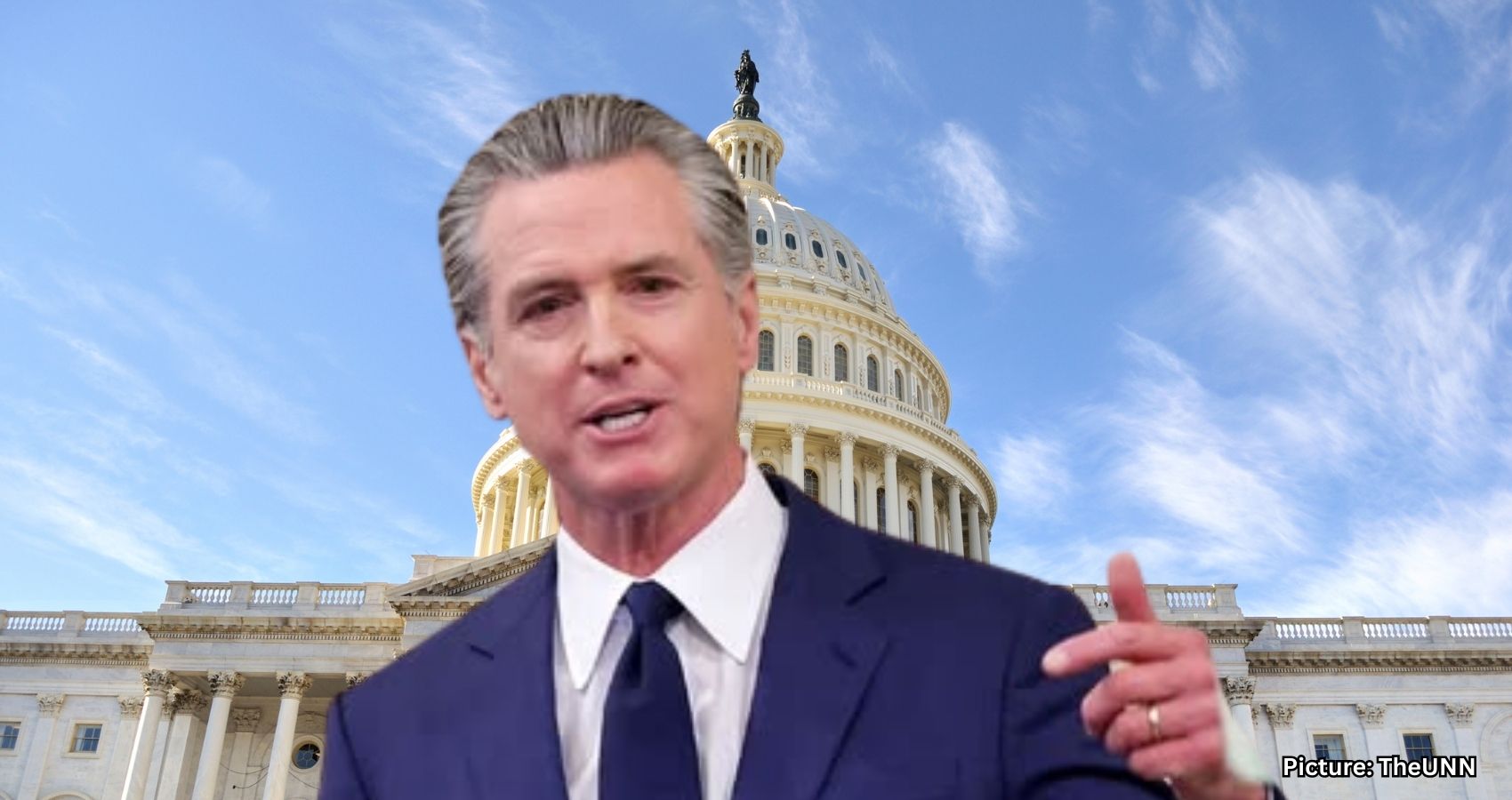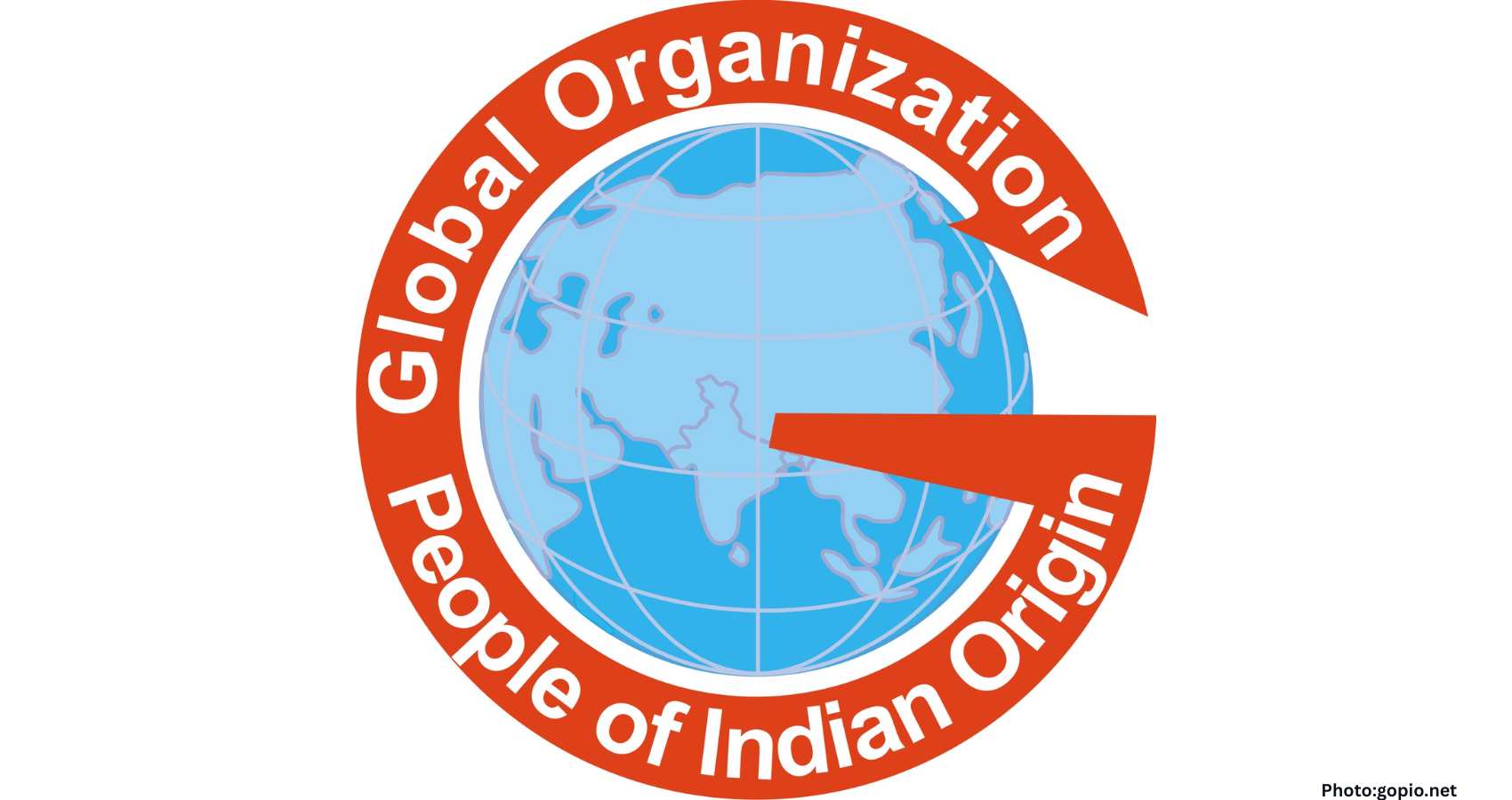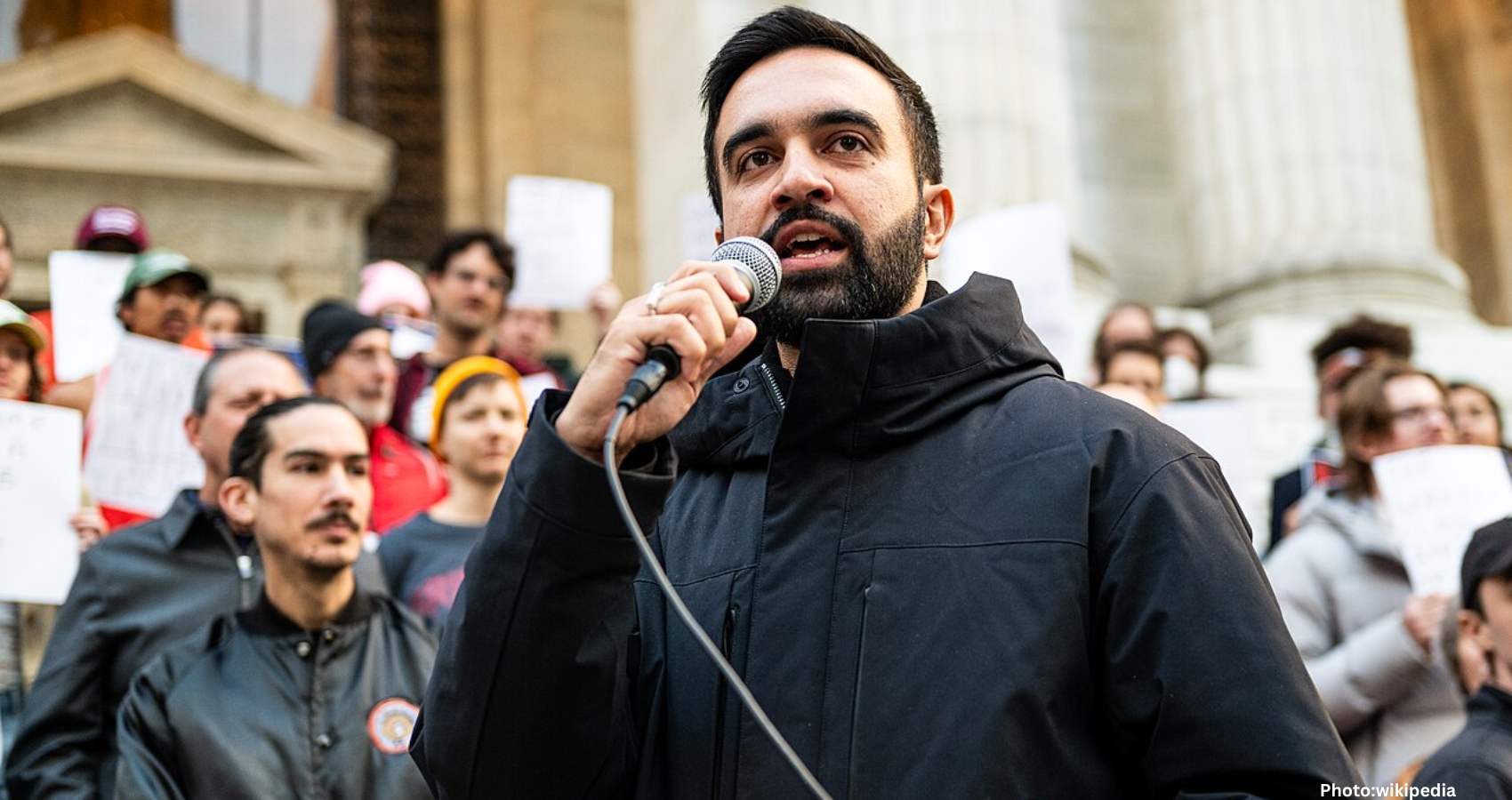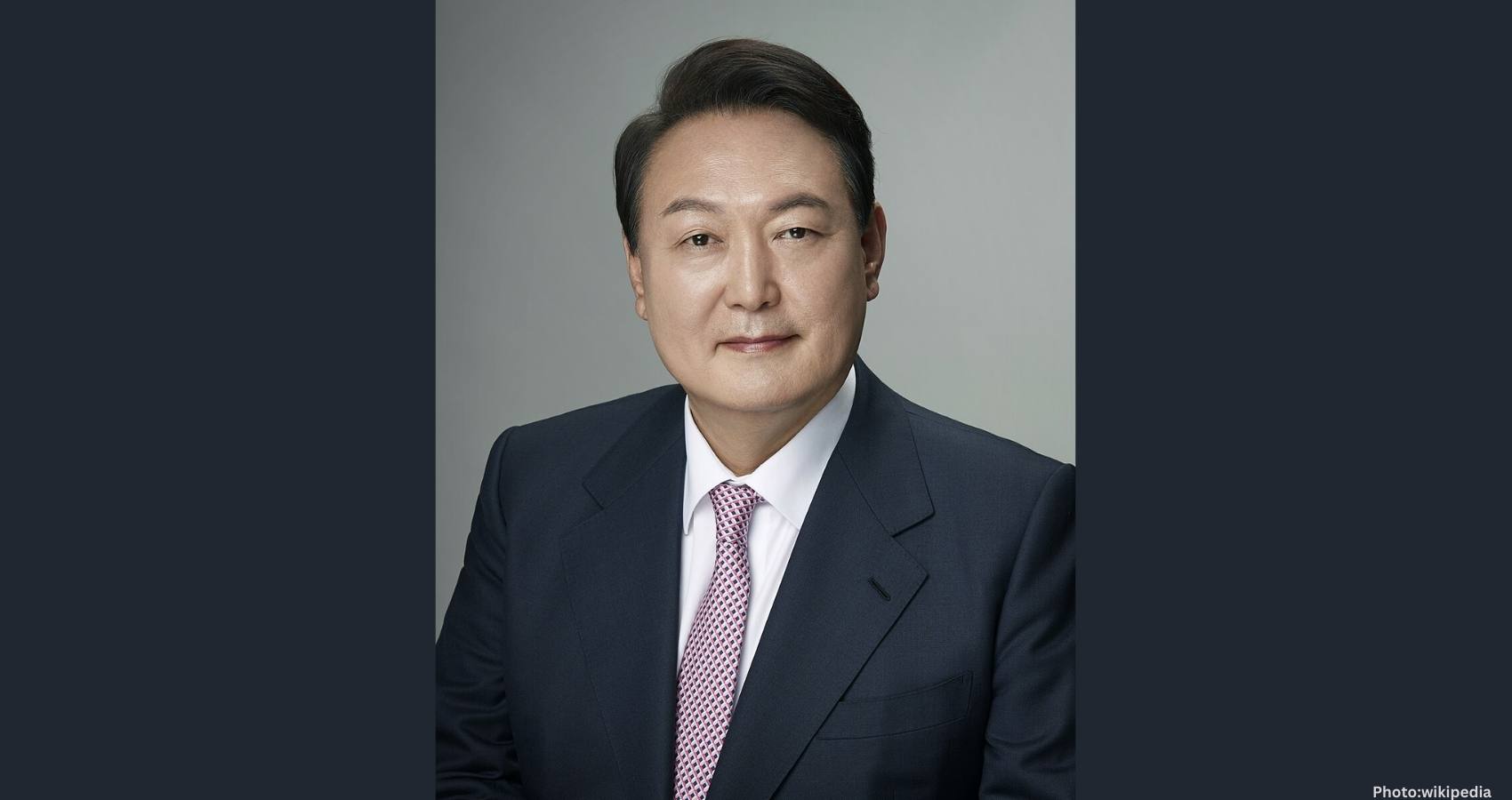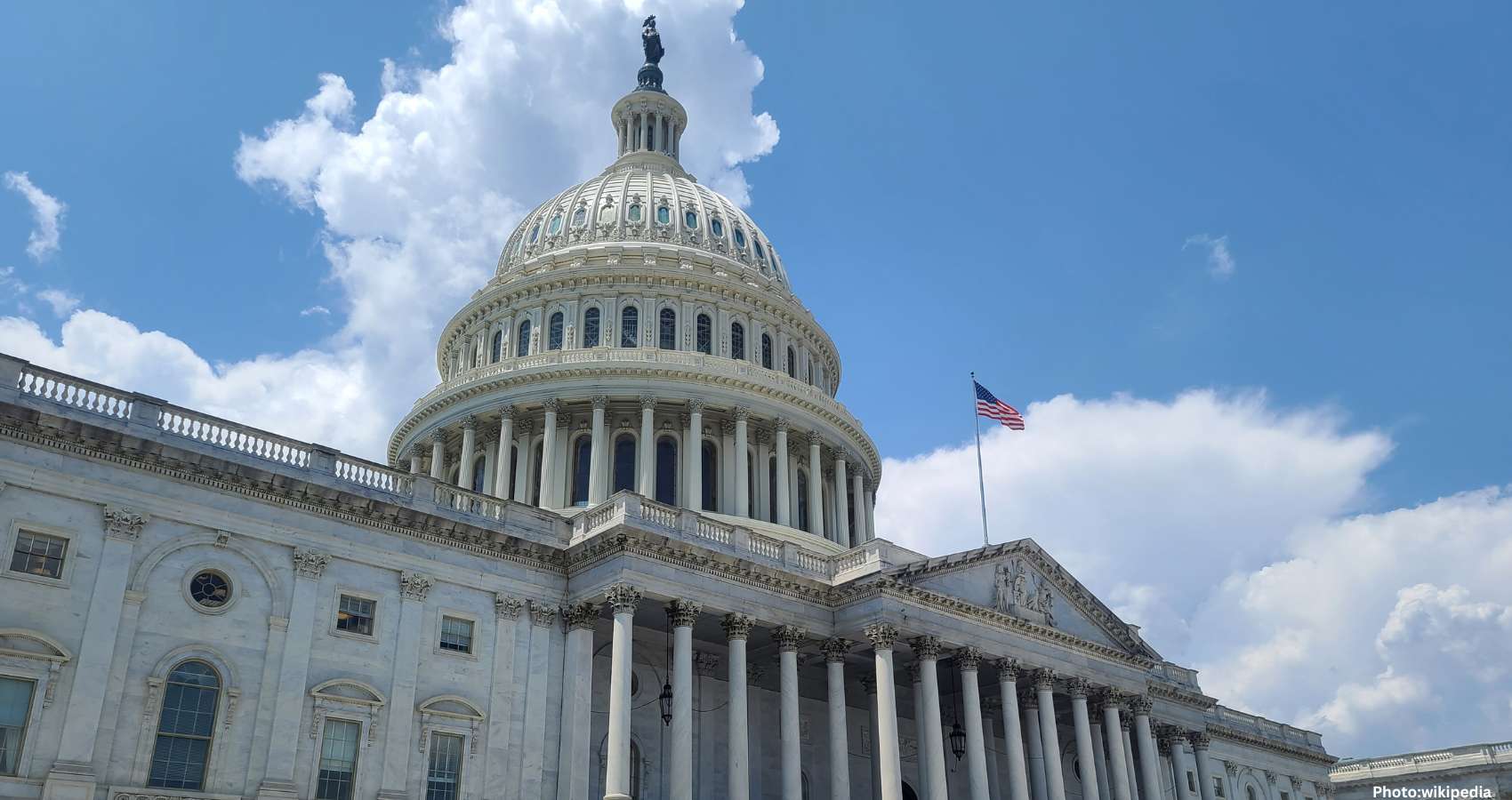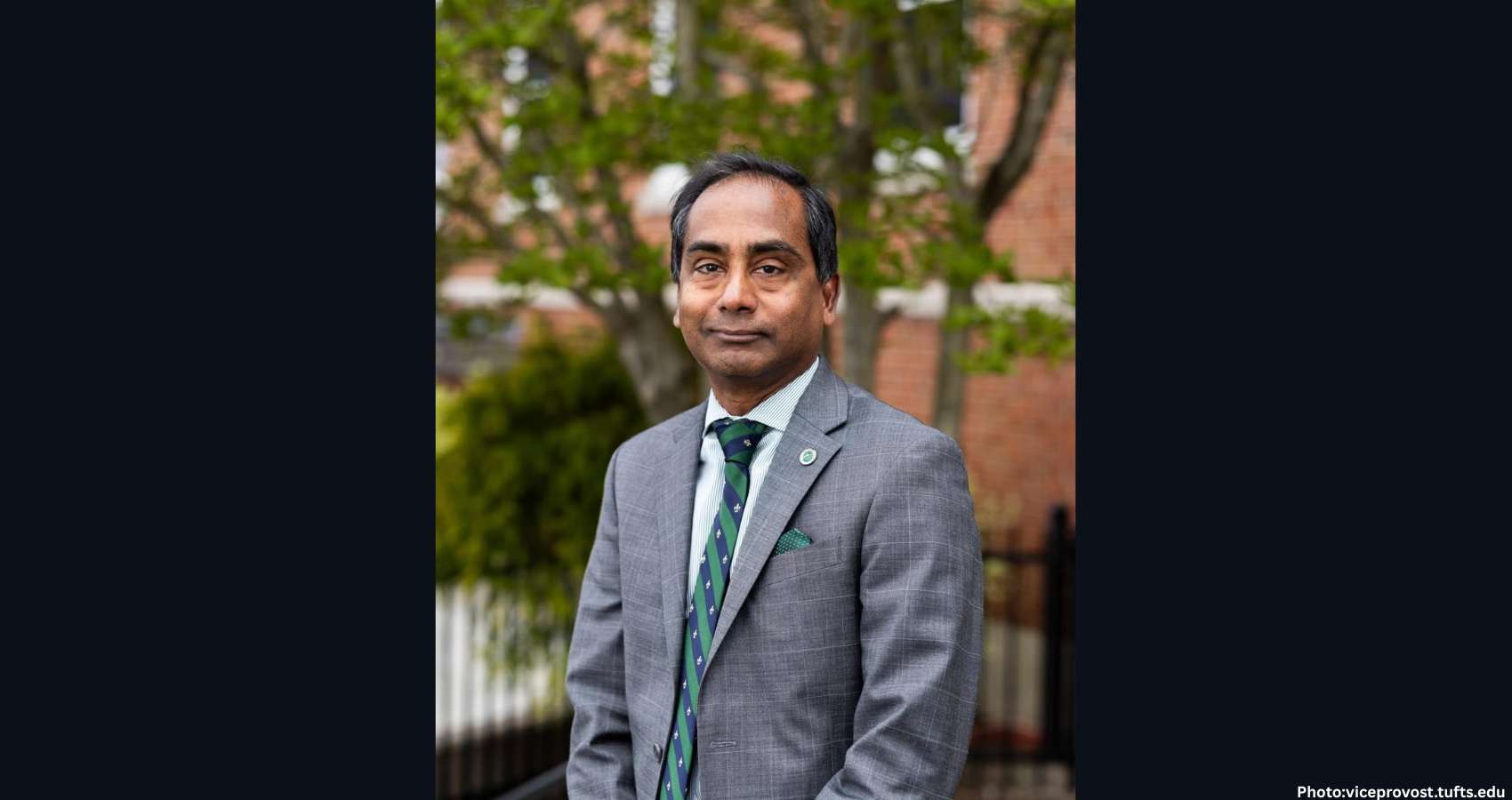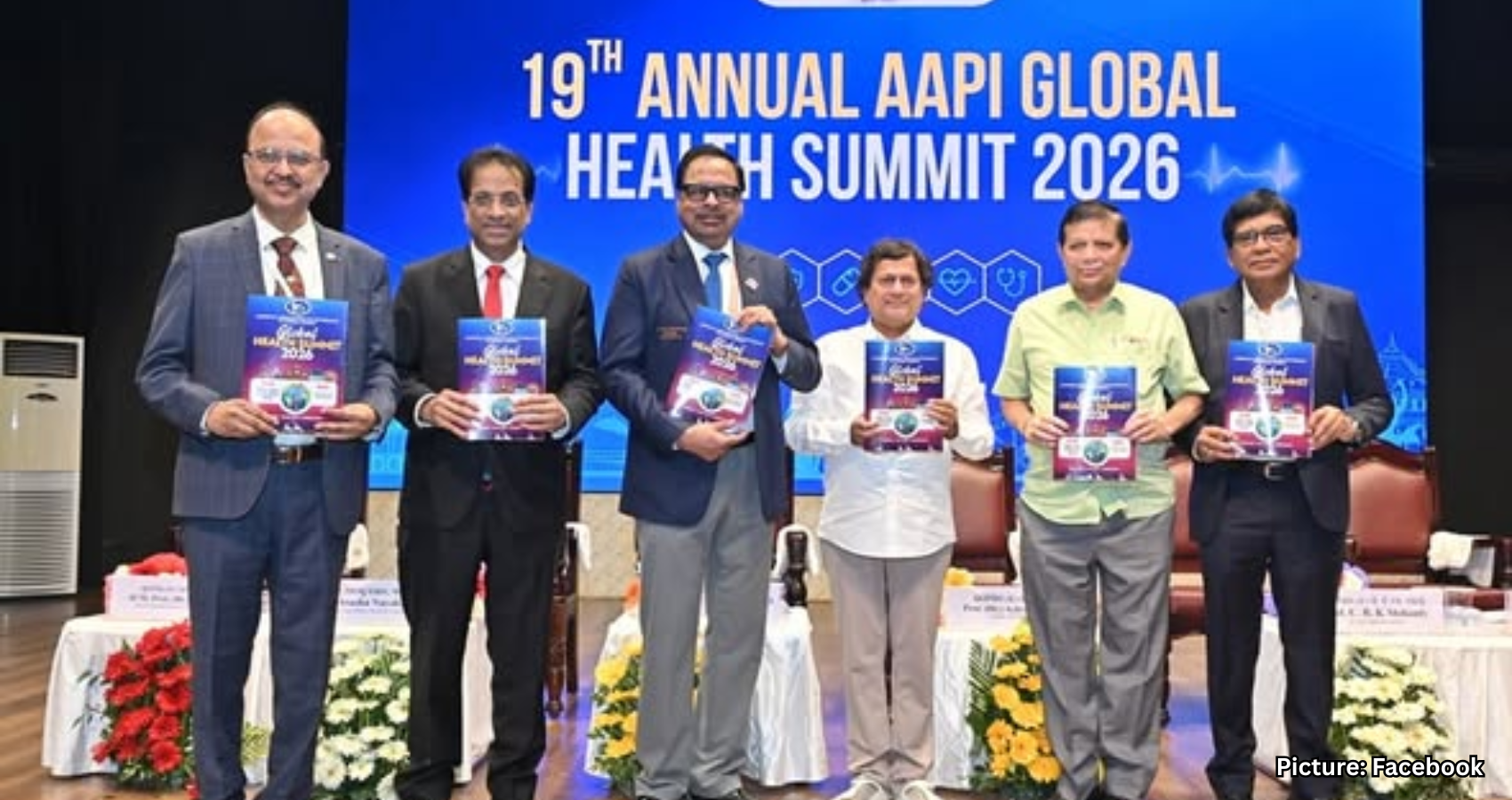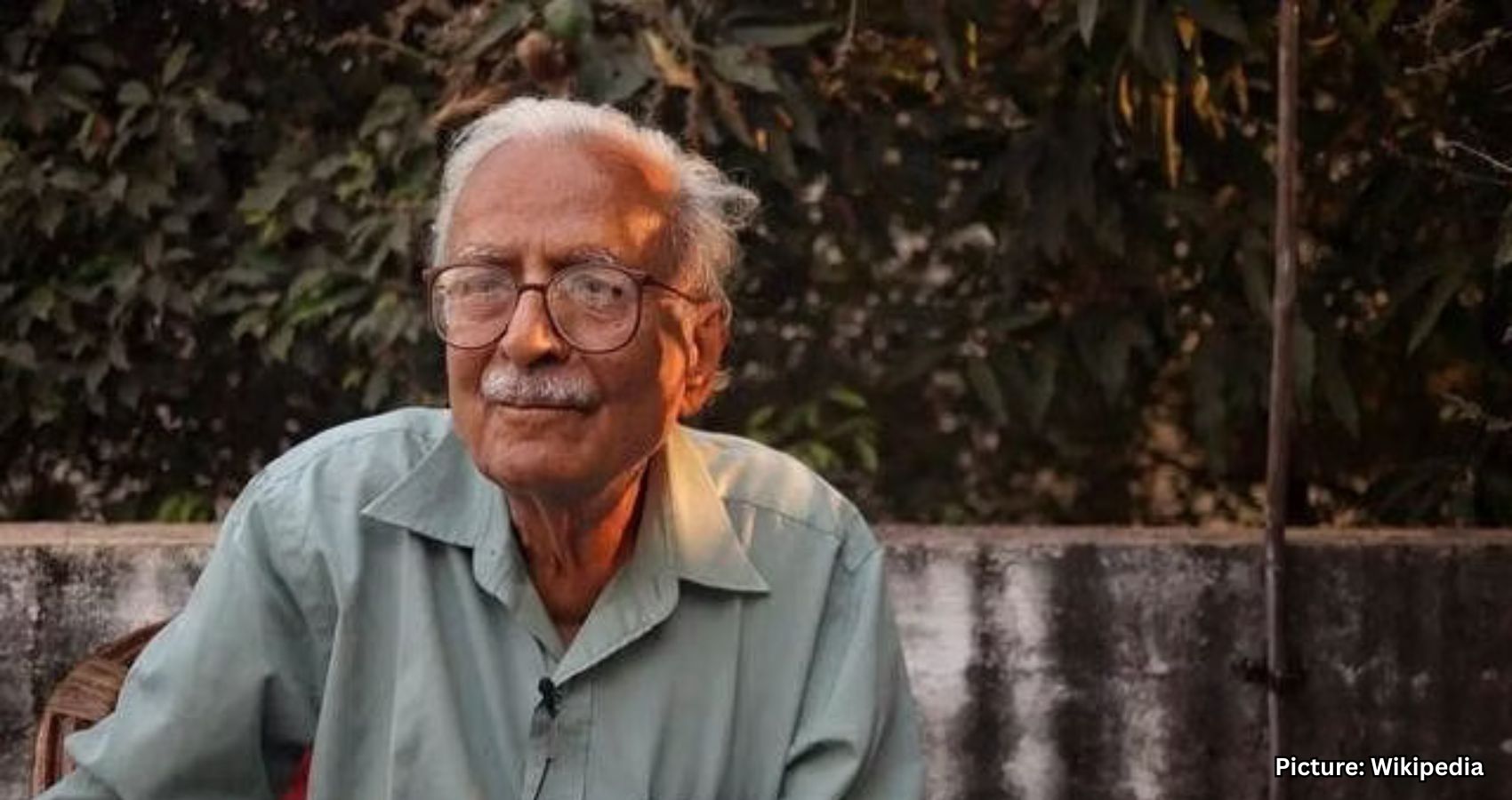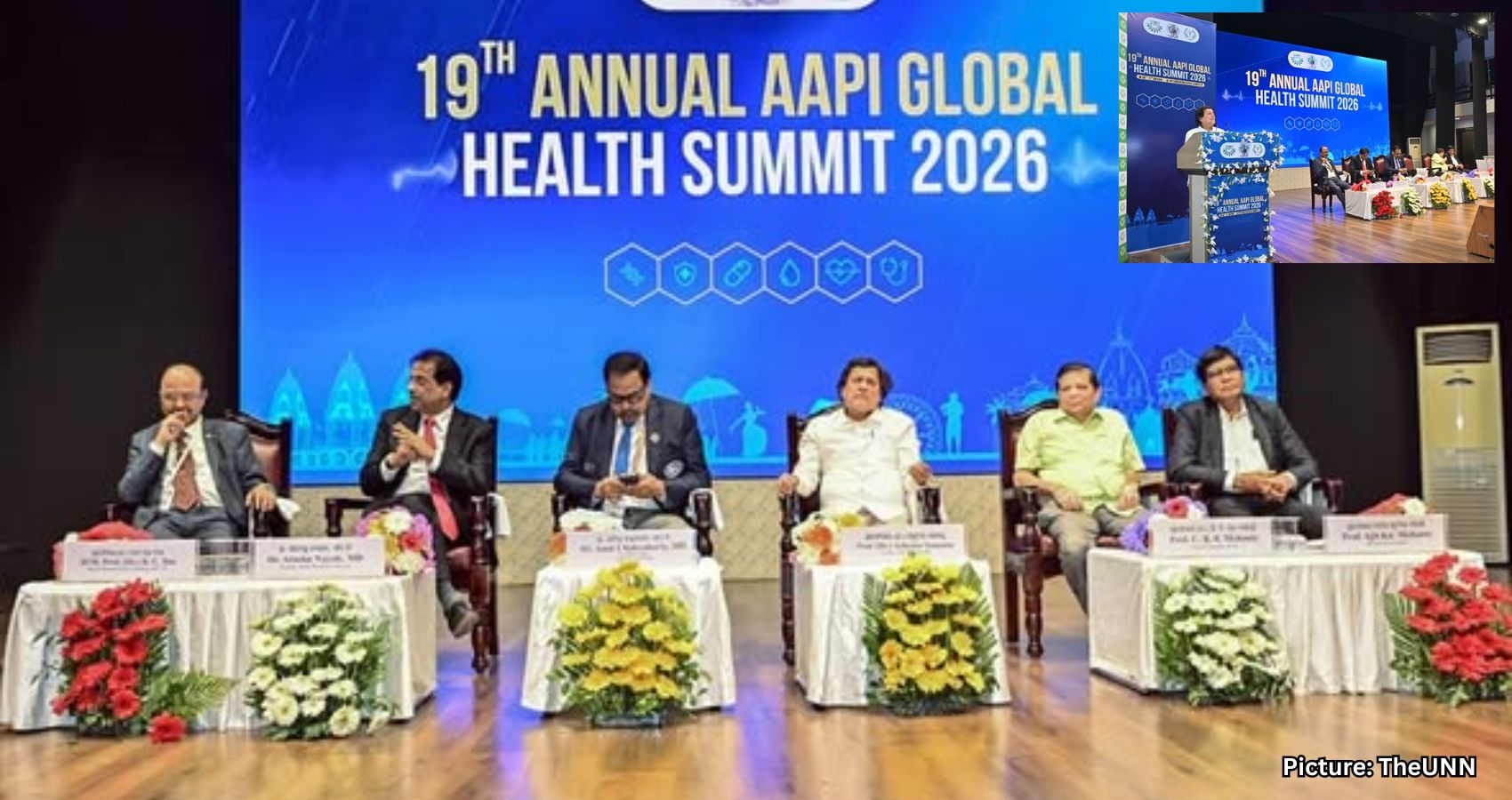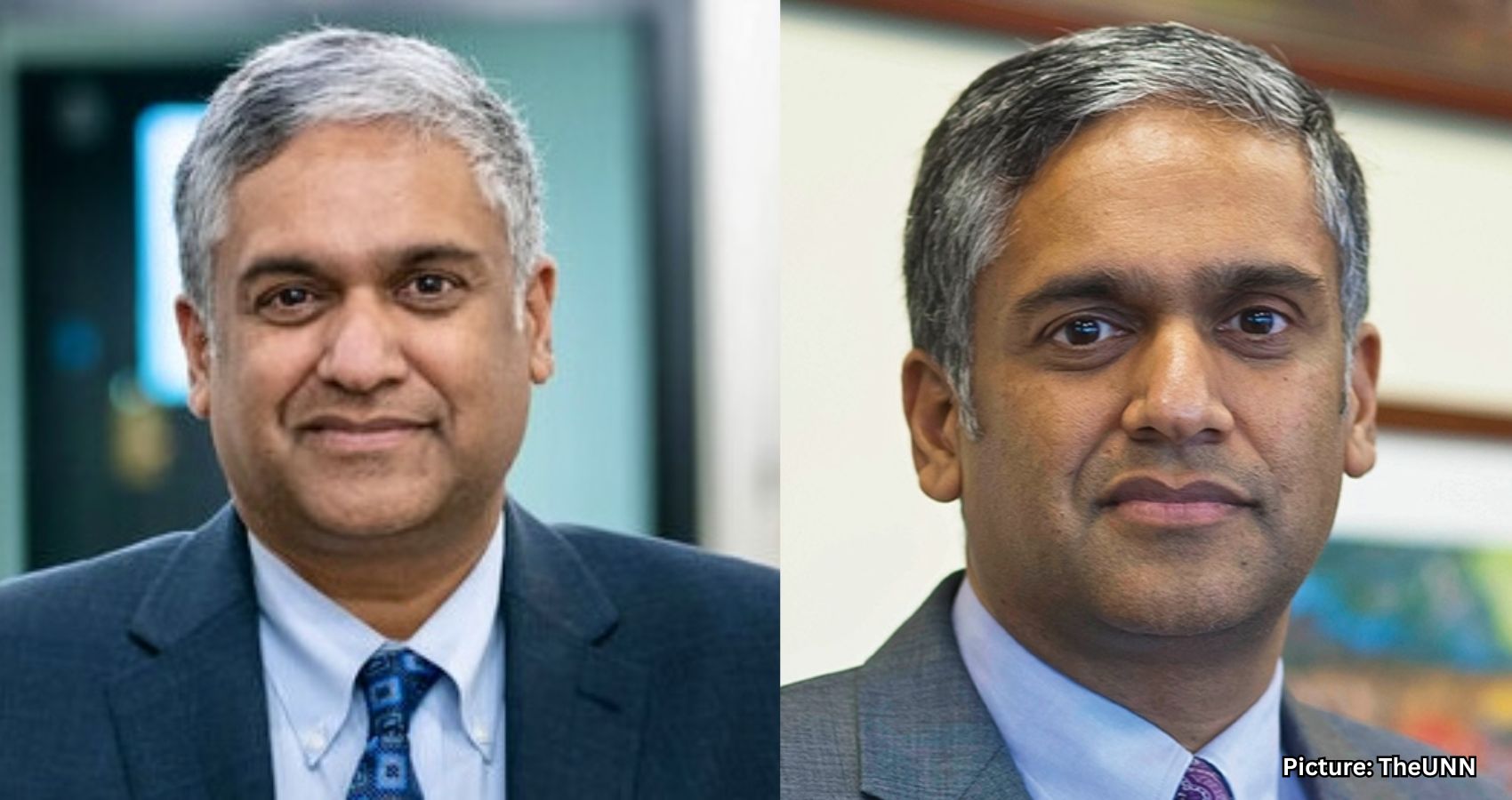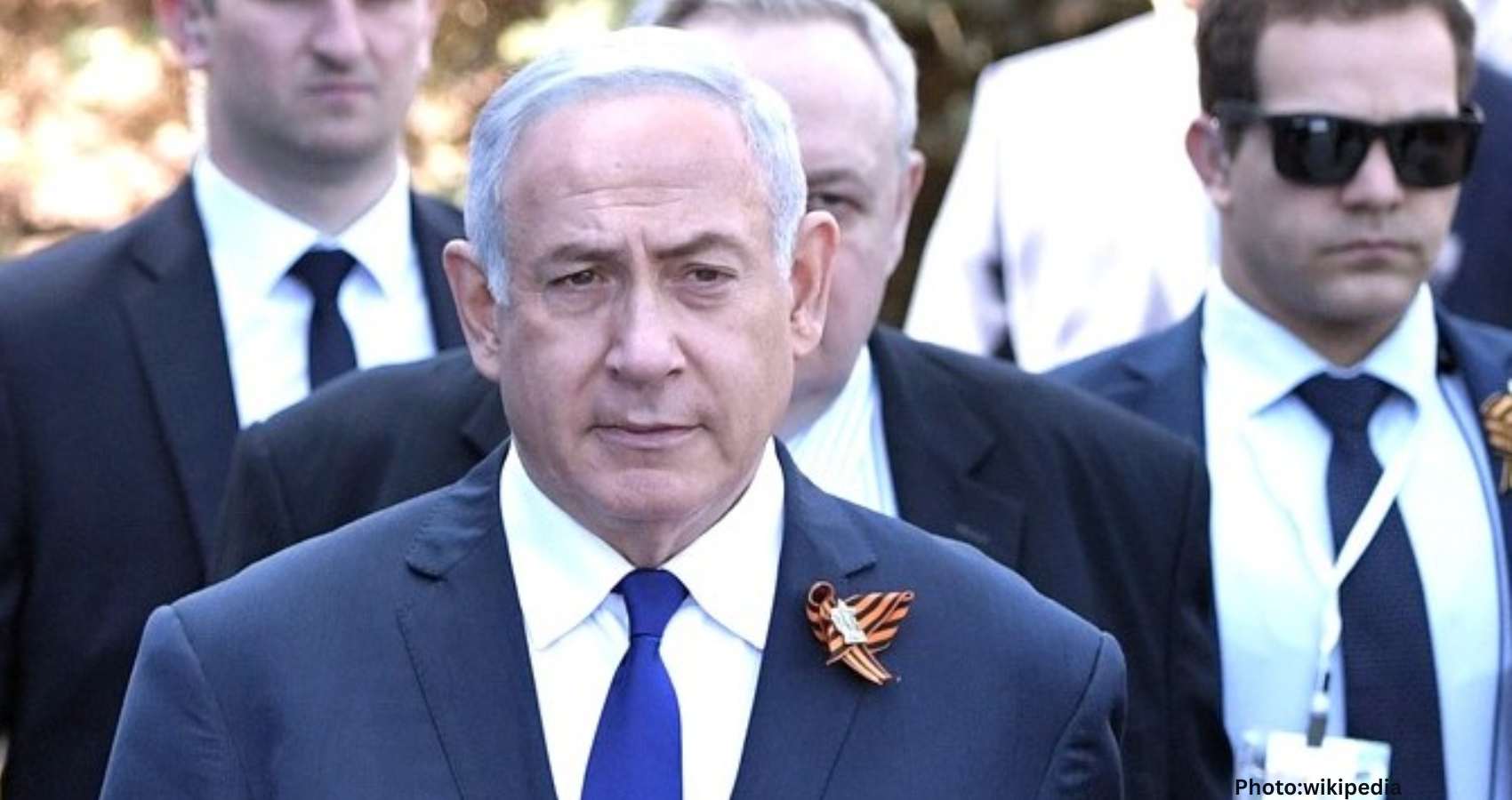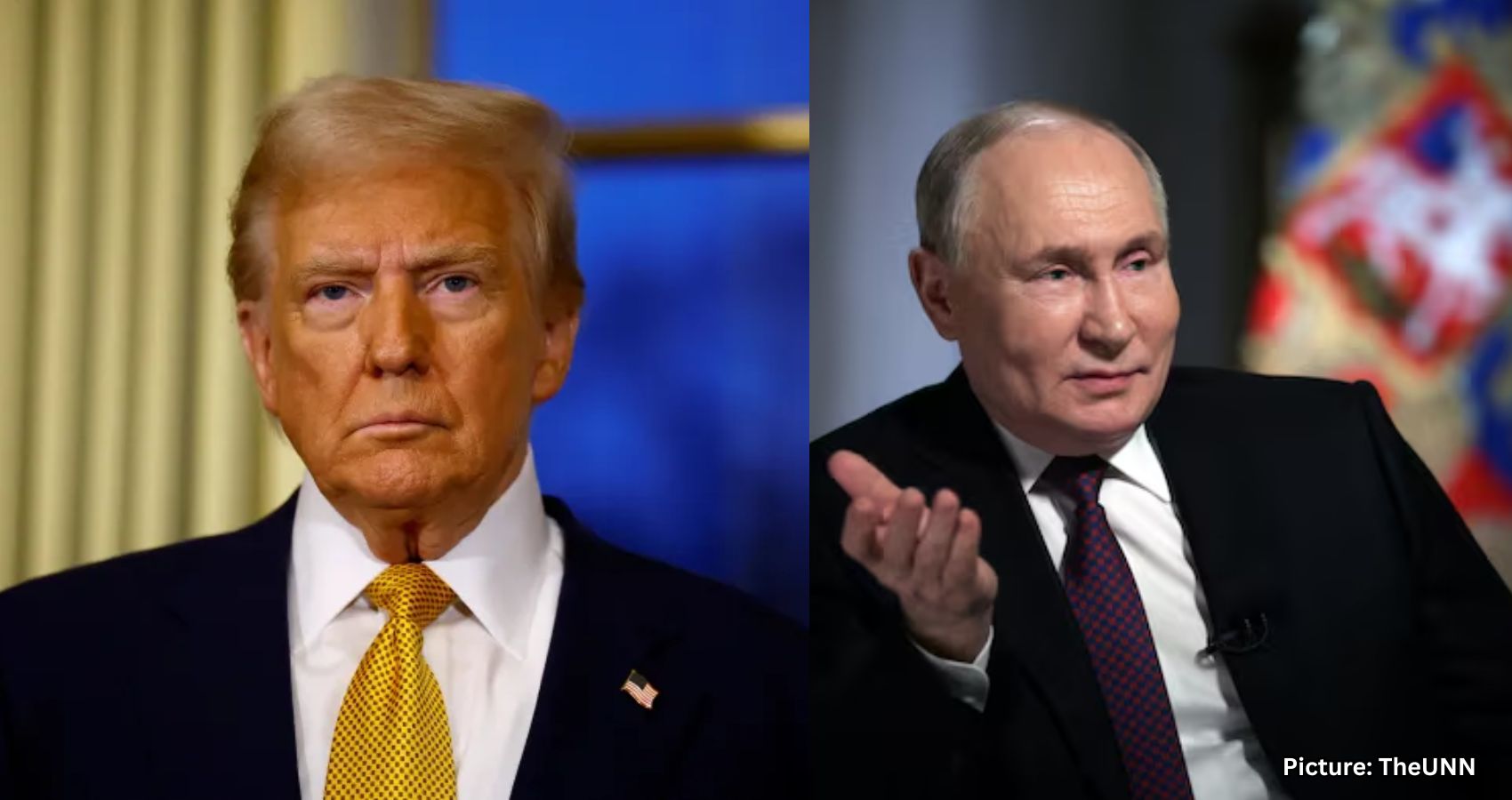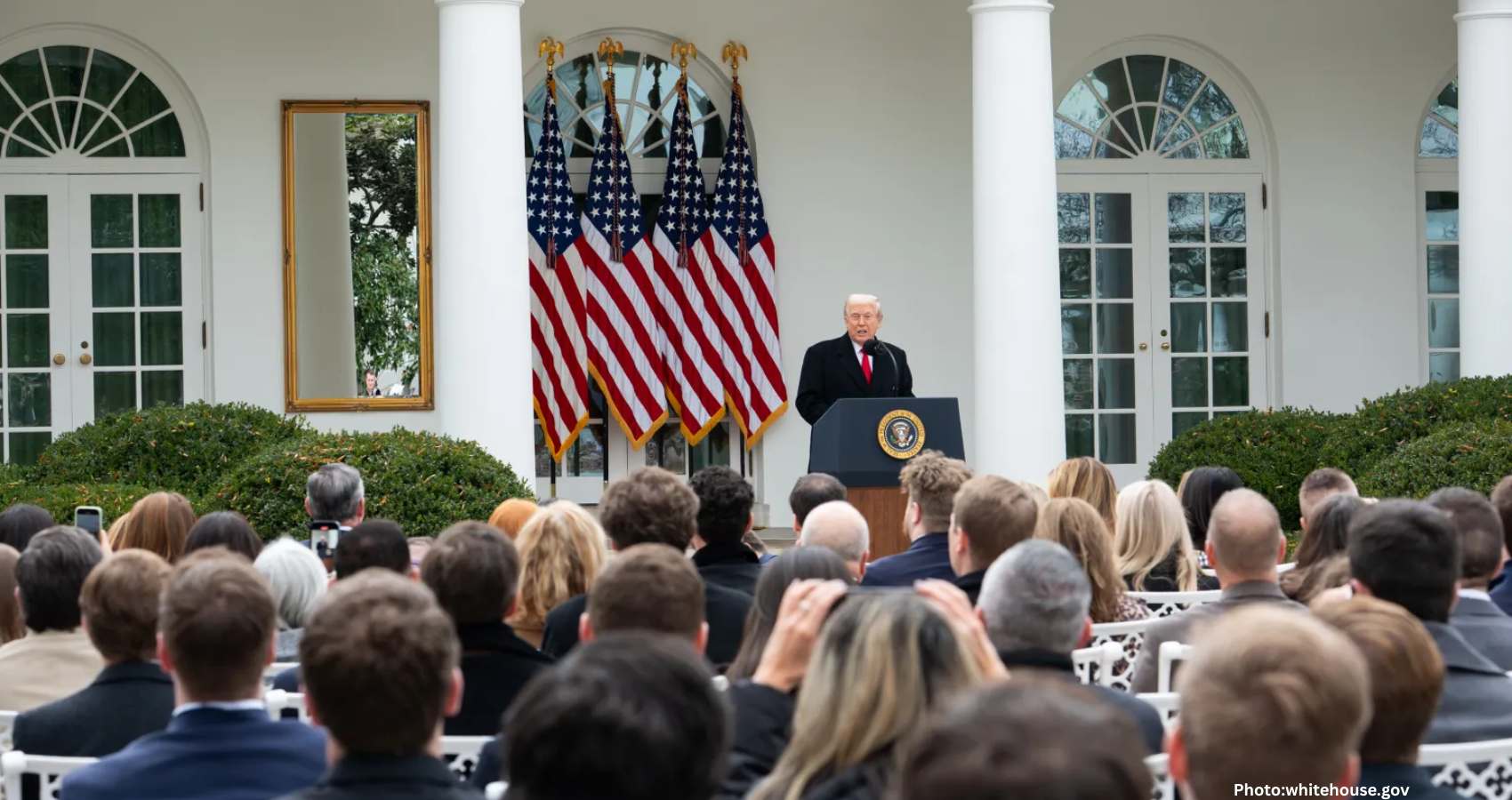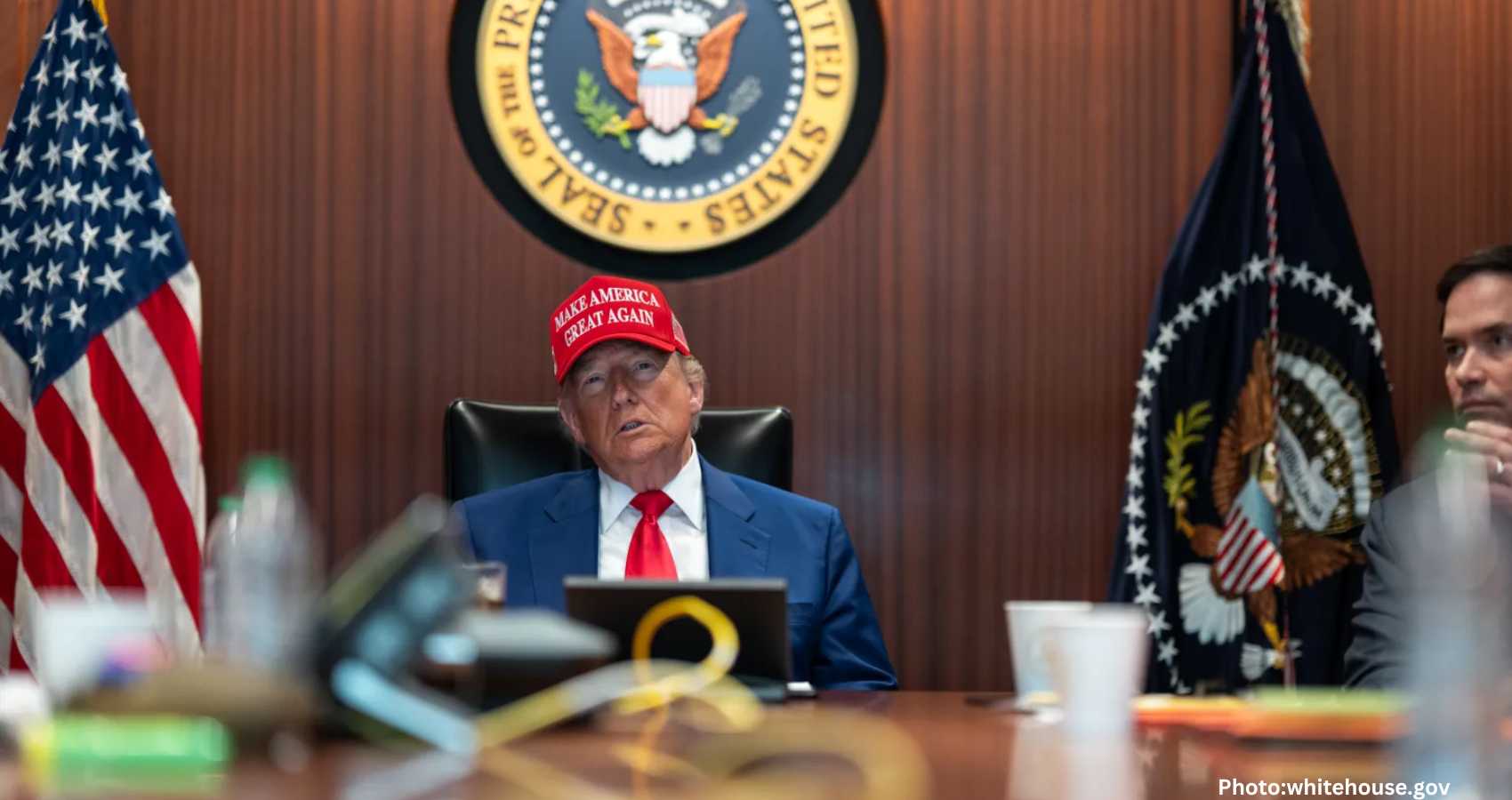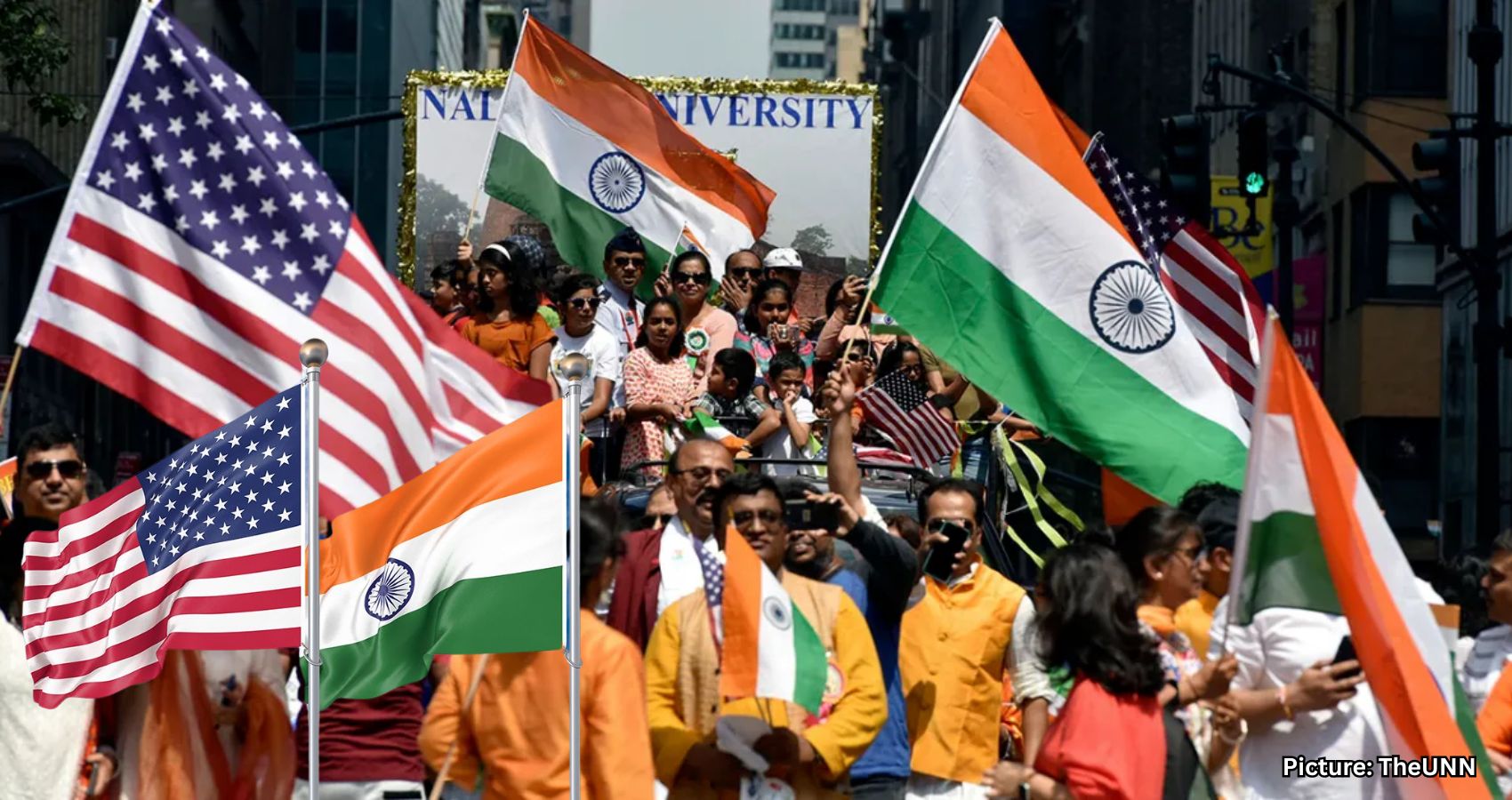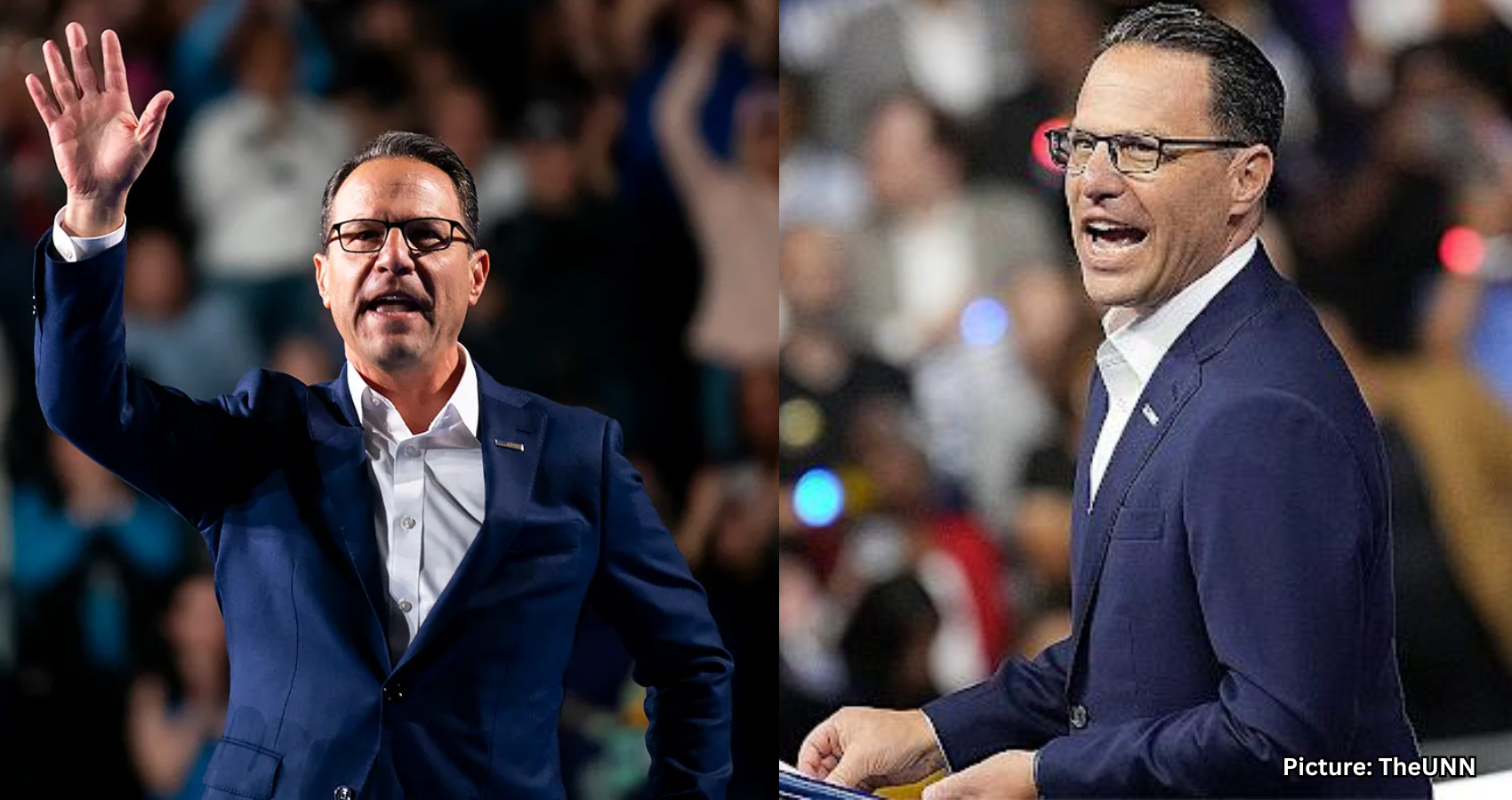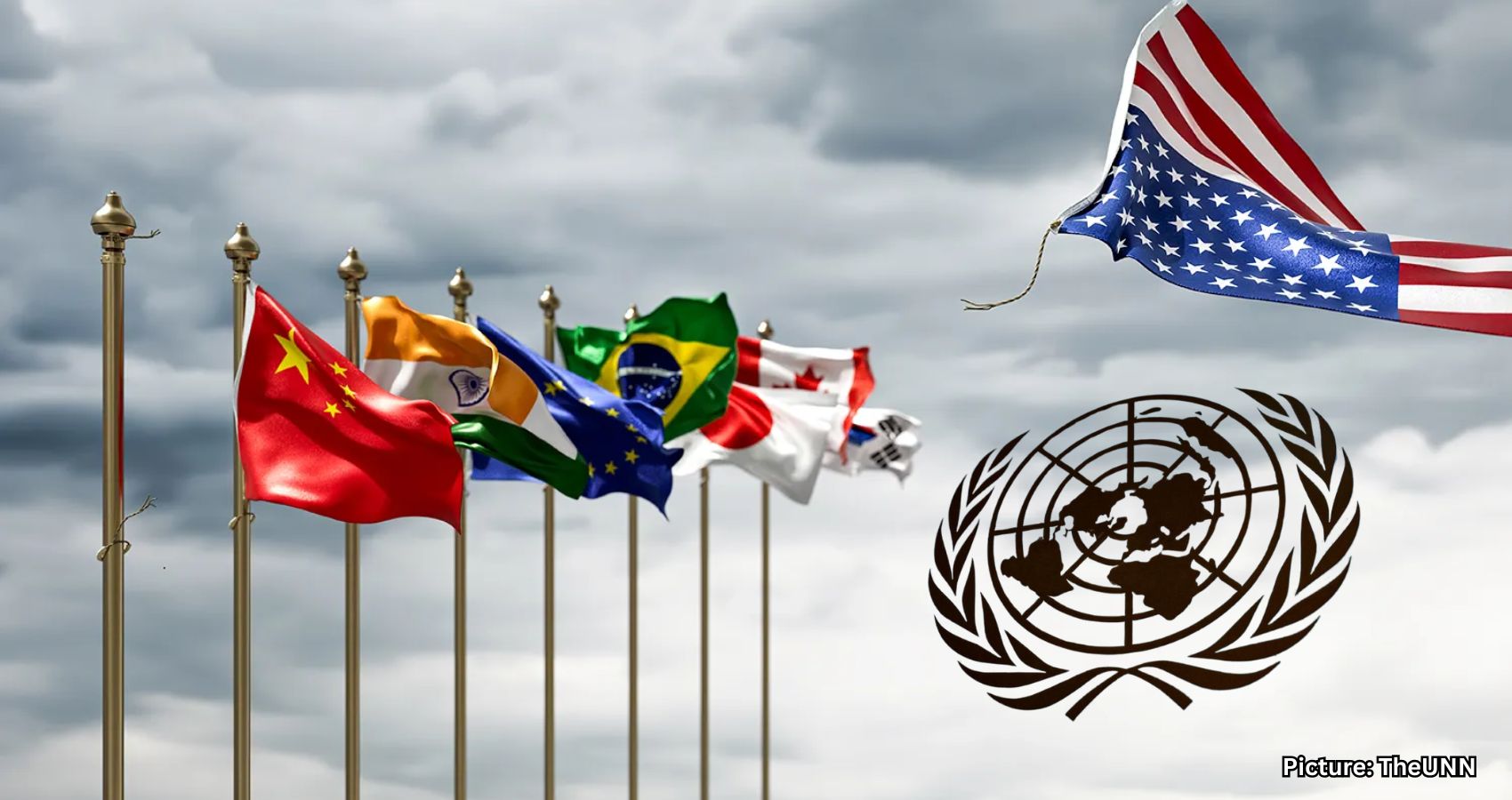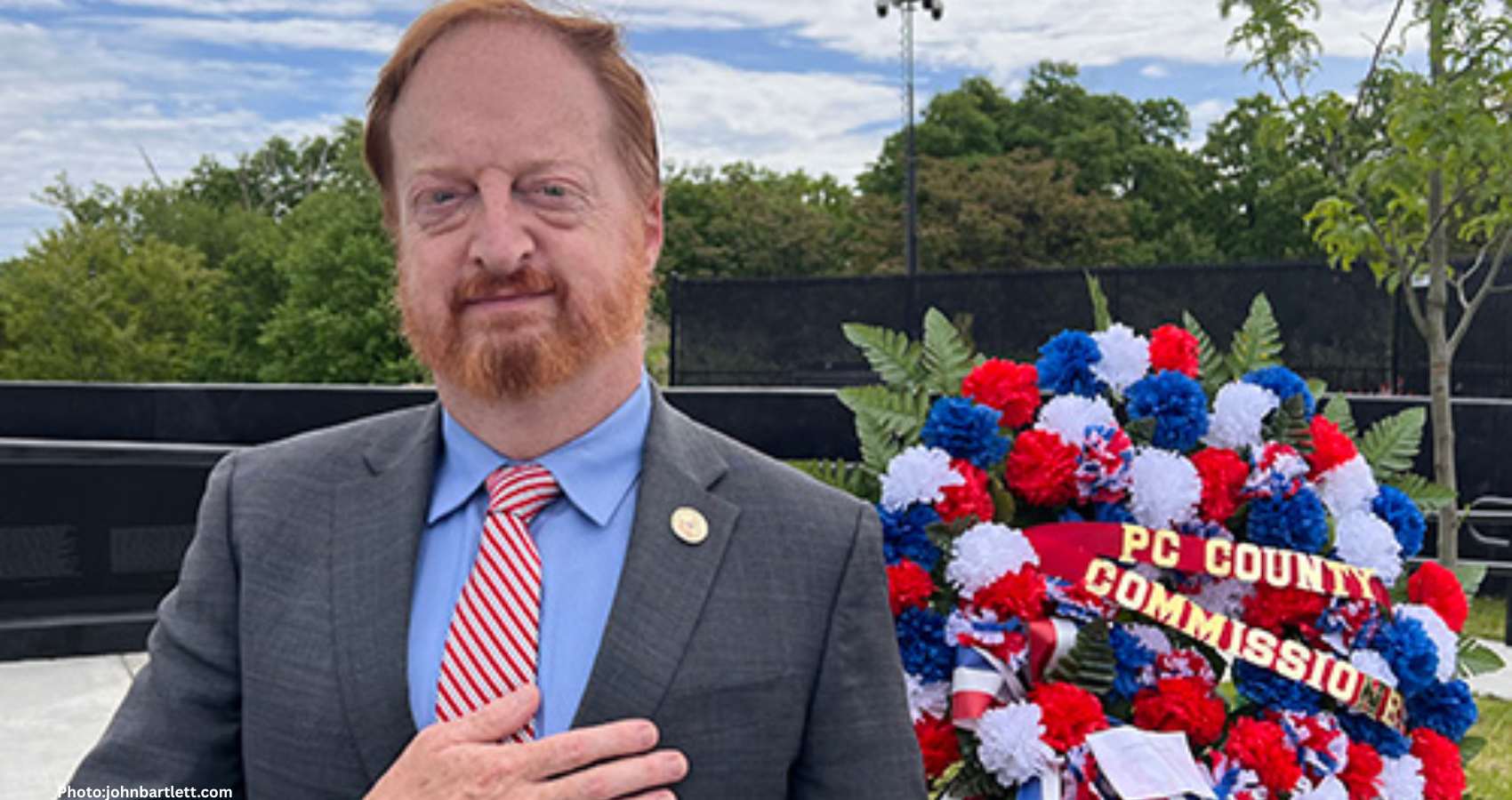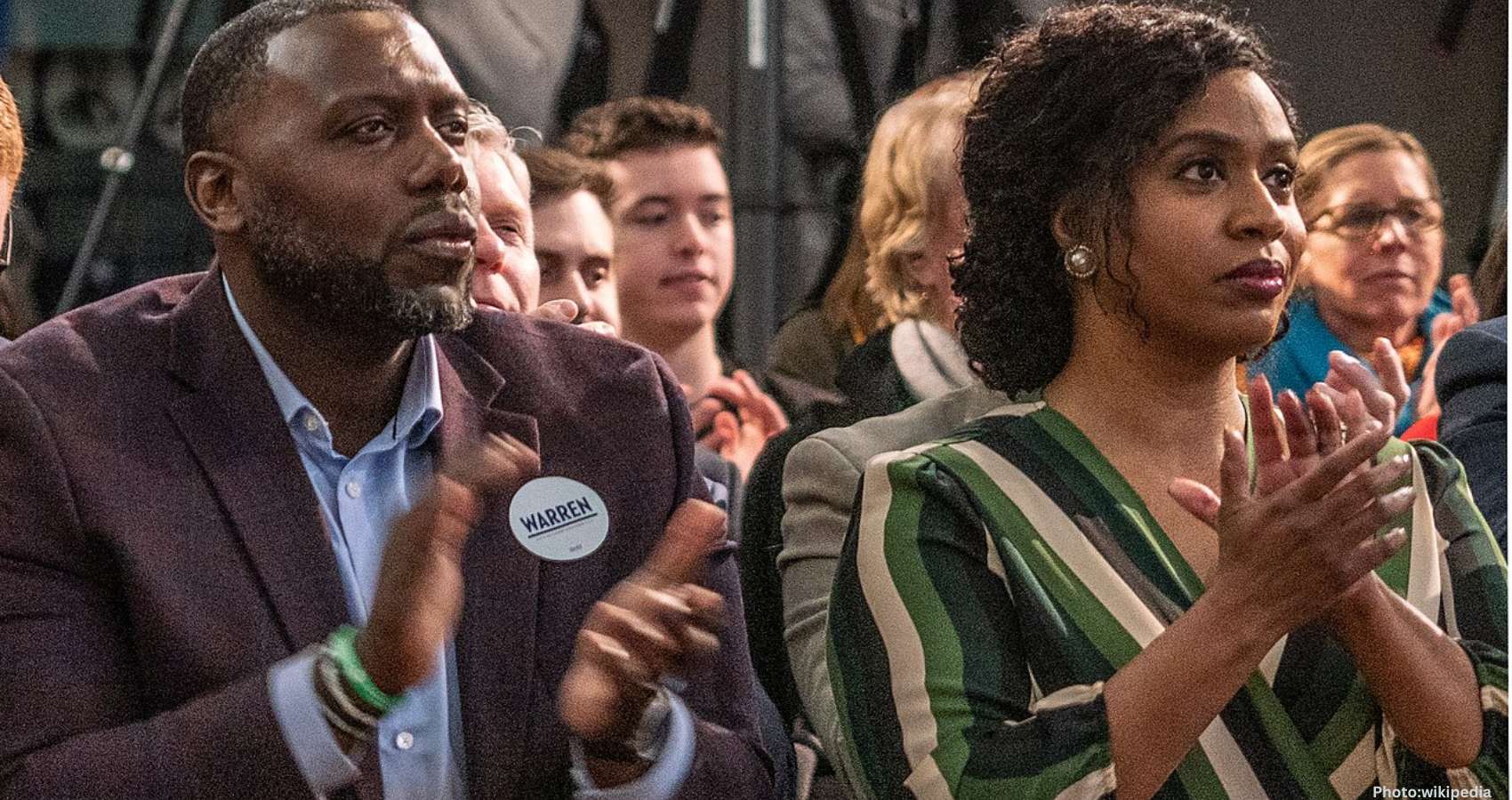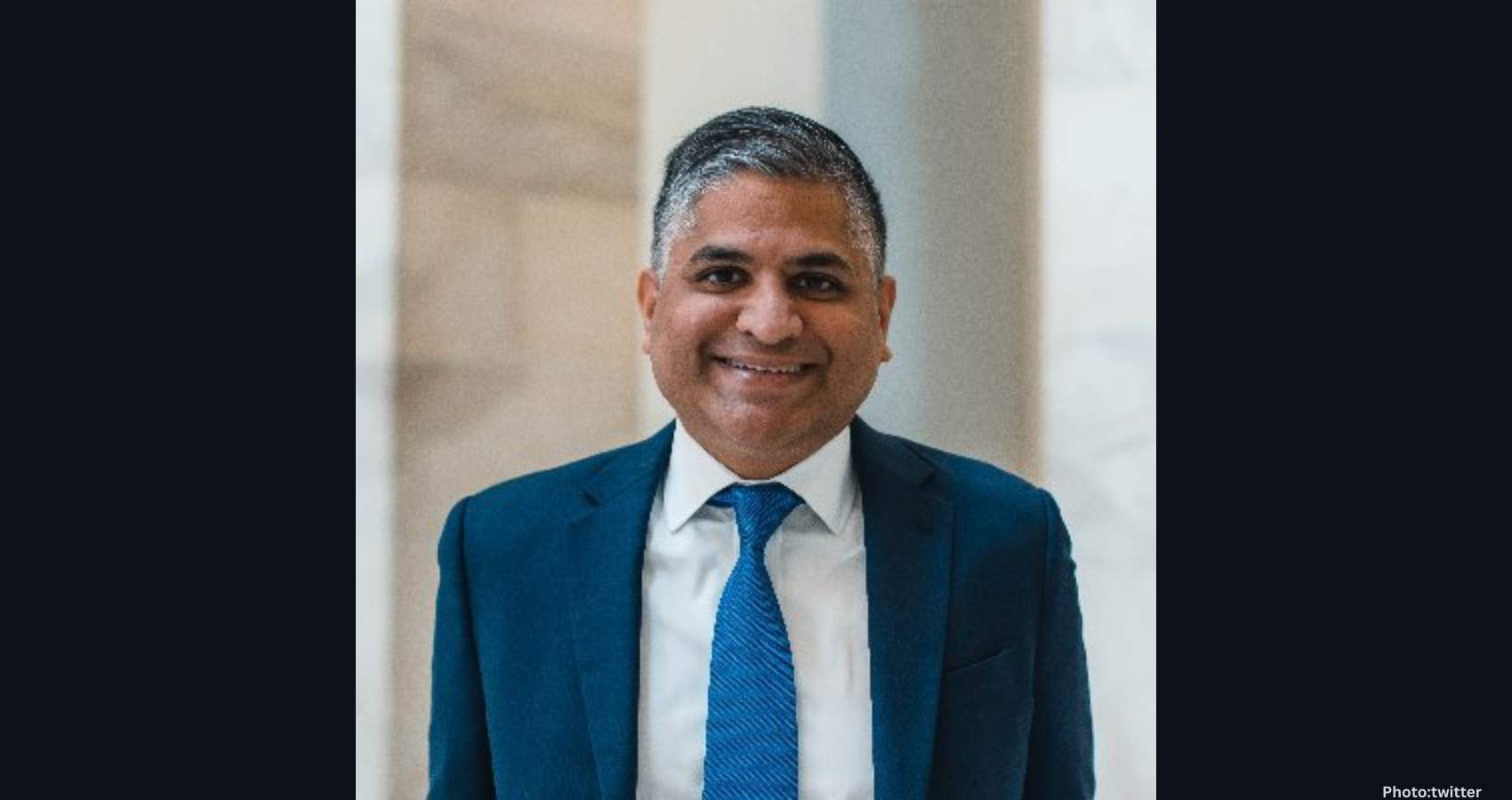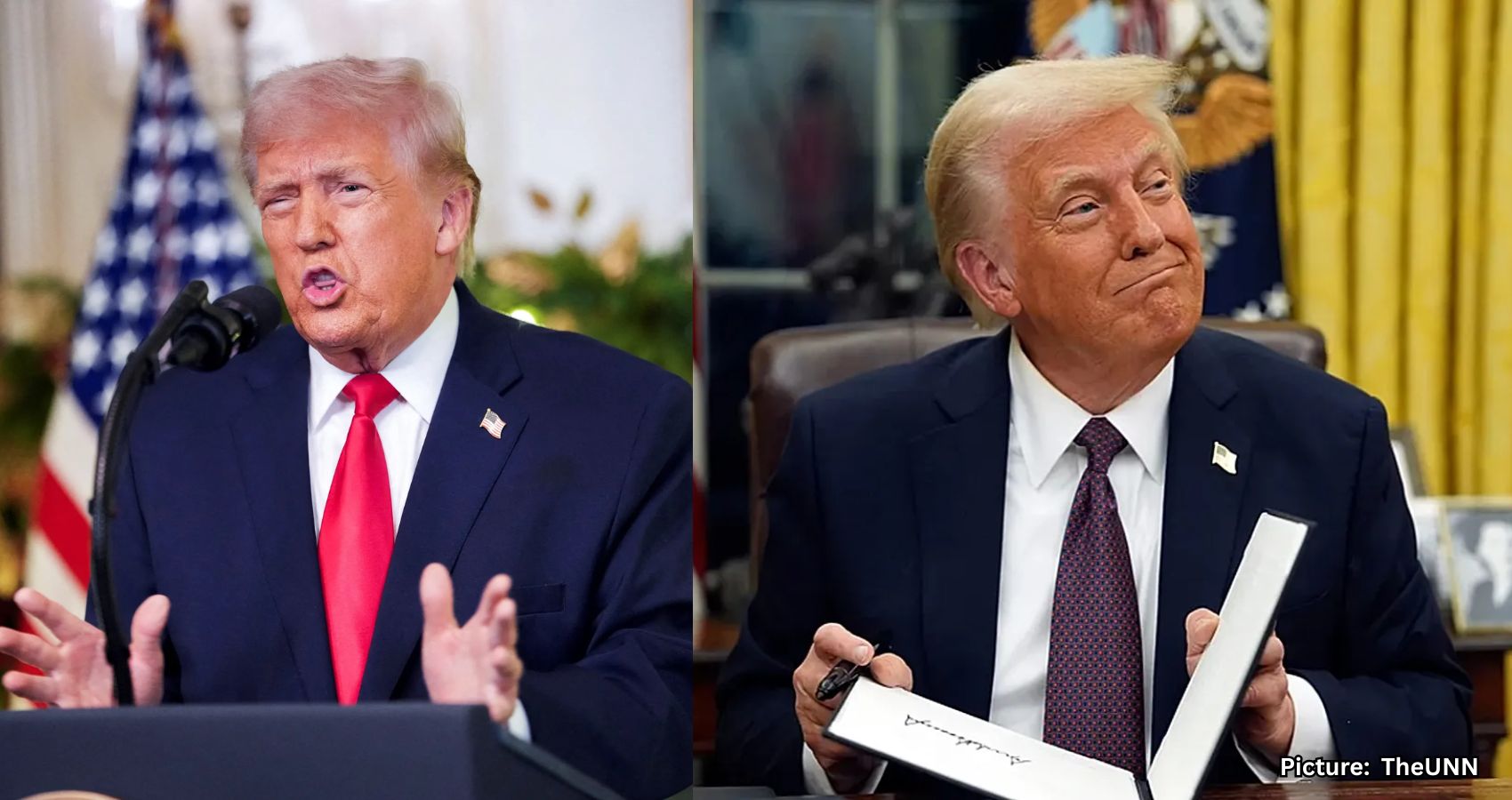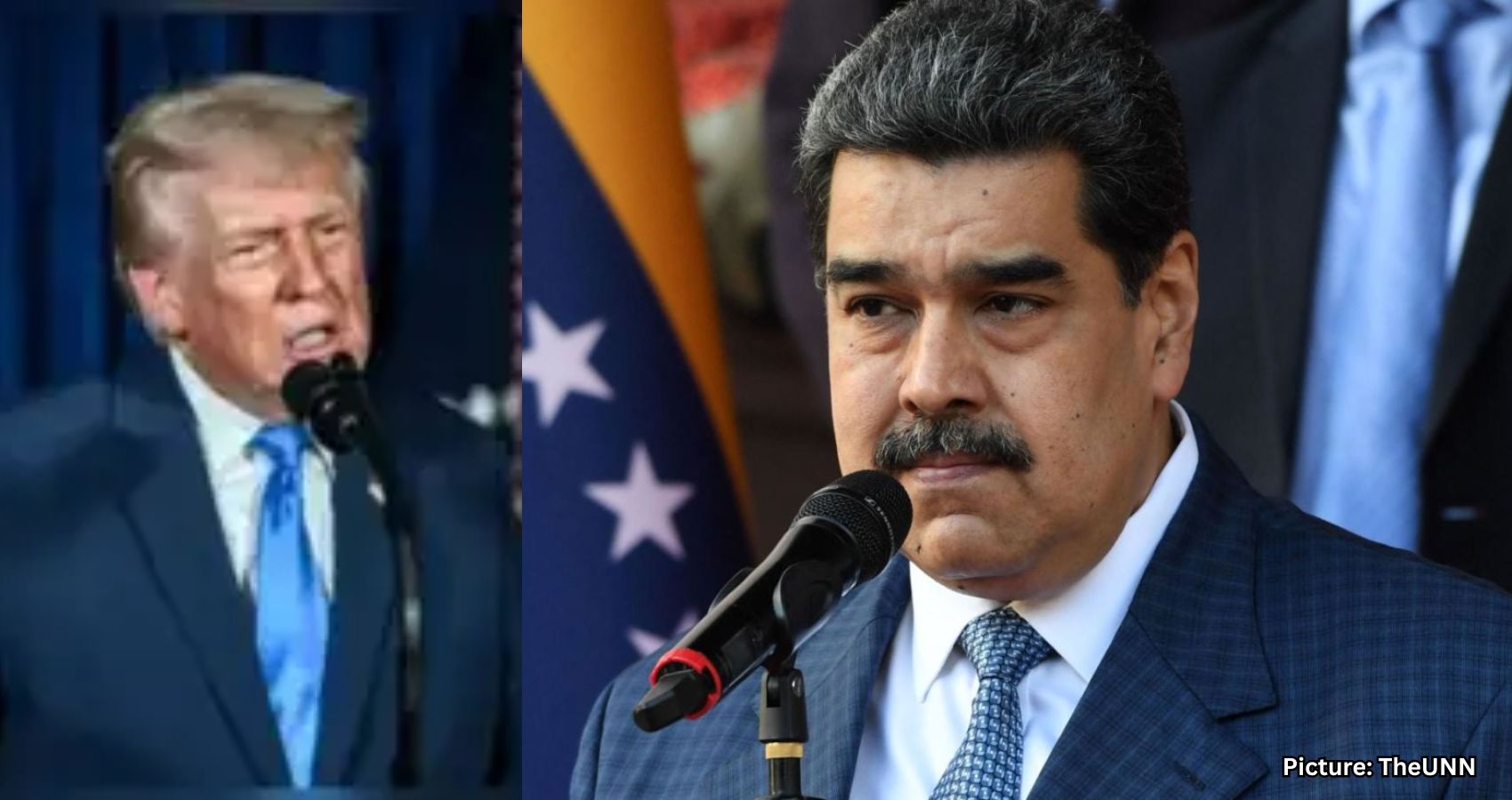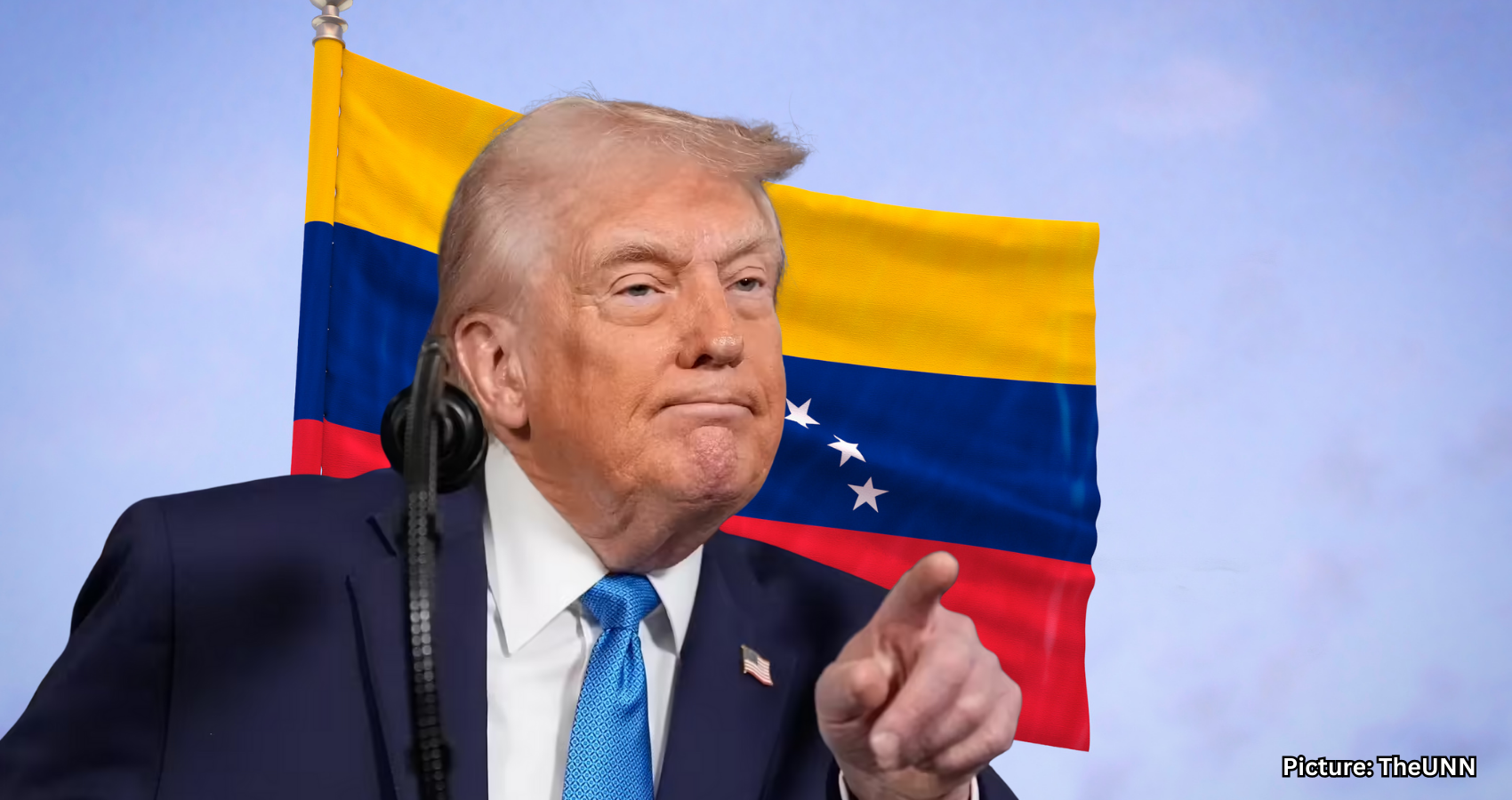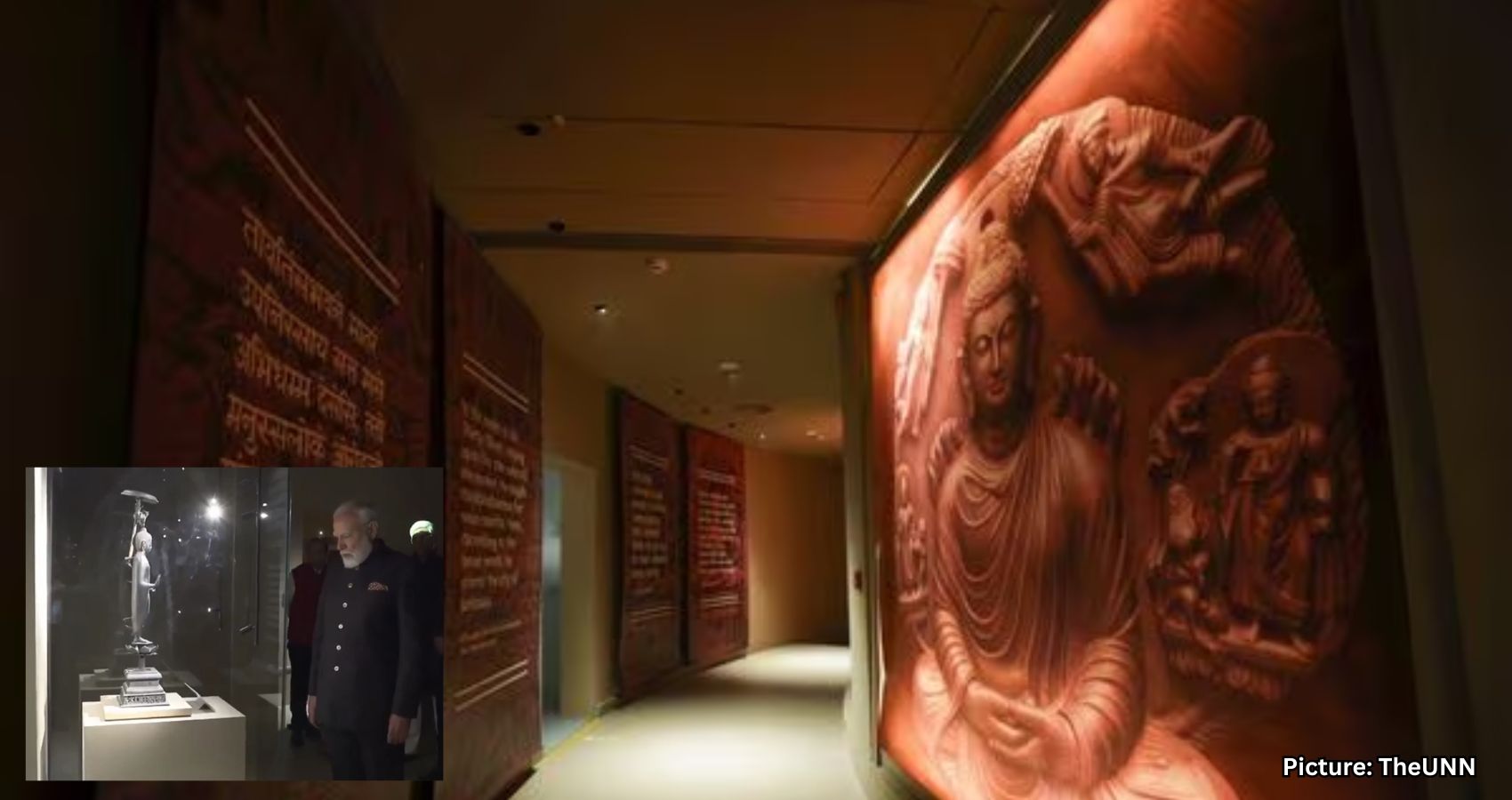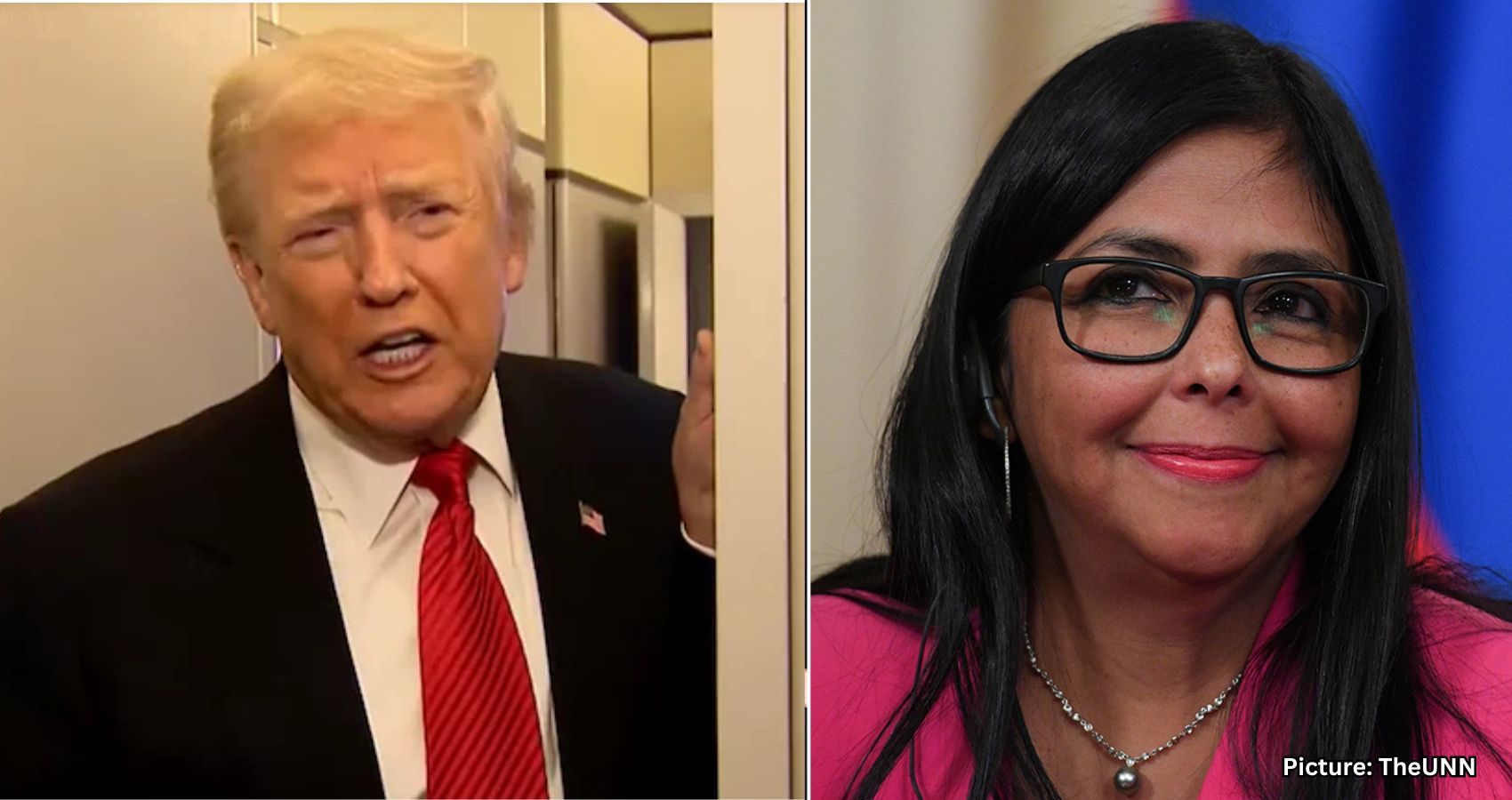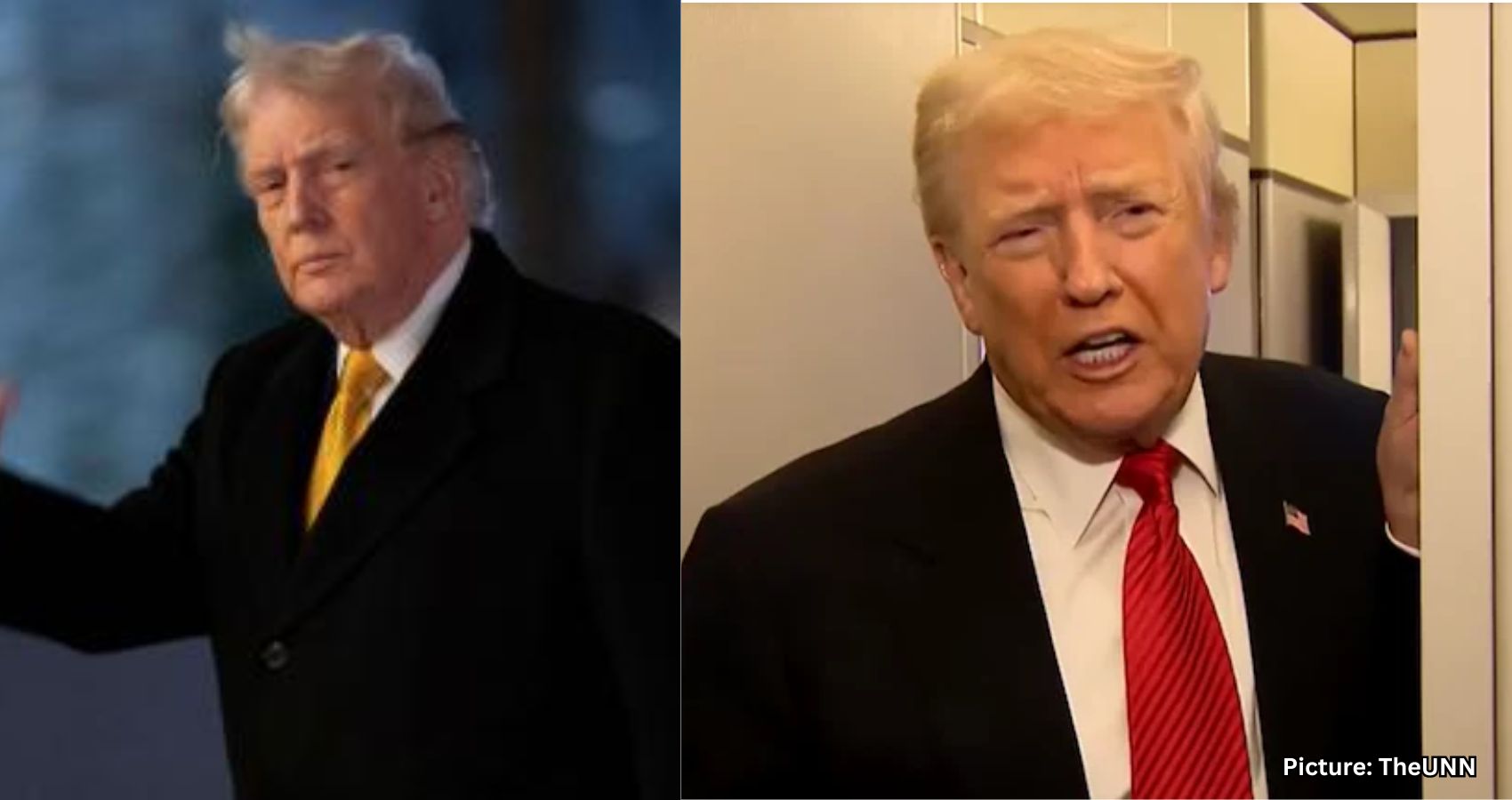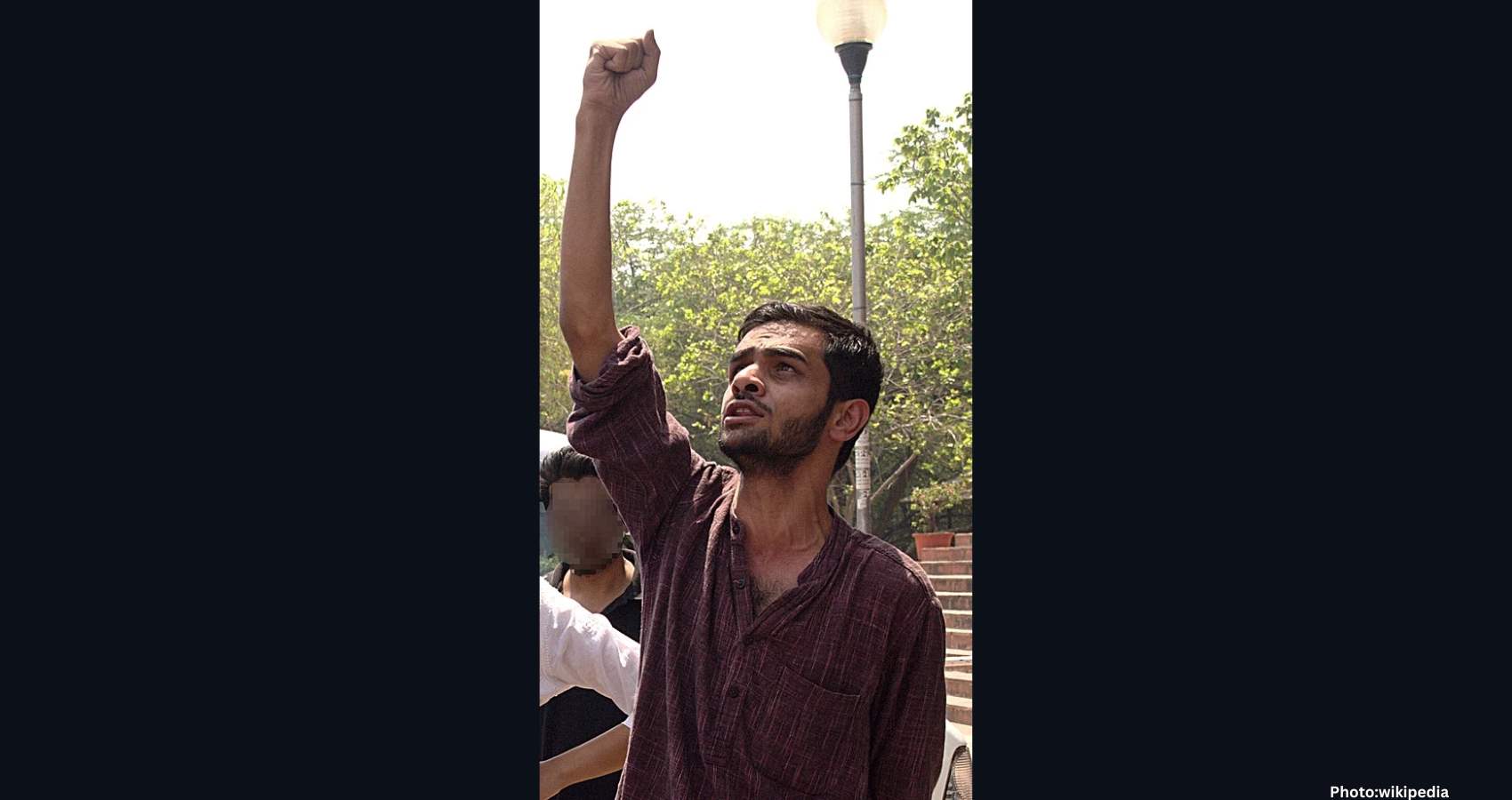Vinod Kumar Shukla, a revered Indian writer and poet, passed away on December 23, 2025, leaving behind a legacy of profound literary contributions and a unique perspective on life and nature.
Vinod Kumar Shukla, an esteemed figure in Indian literature, passed away on December 23, 2025, in Raipur, just days shy of his eighty-ninth birthday. The timing of his death carries a poignant symmetry, as if he paused at the threshold of a new year to reflect on the world before quietly departing.
For Shukla, writing was not merely a profession; it was an integral part of his existence. Even during his final days in the hospital, when the former Chief Minister of Chhattisgarh visited to check on his well-being, Shukla requested not comfort or assurances, but a pen and paper. This simple act encapsulates his essence as a writer.
His literary career spanned over fifty-five years, during which he balanced his role as a professor at the Agriculture College with his passion for writing. Literature was not his livelihood; it was his life.
Shukla received numerous accolades throughout his career, including the Sahitya Akademi Award, the Jnanpith Award, and the PEN Nabokov Award. However, these honors did not change his humble demeanor. When Prime Minister Narendra Modi called him in the hospital to inquire about his health, it felt less like a moment of national recognition and more like the world bending slightly toward a man who had always remained quietly within himself.
In his final poem, penned just weeks before his passing, Shukla wrote:
Batti maine pehle bujhai
Phir tumne bujhai
Phir dono ne mil kar bhujai
First I turned the light off
Then you turned it off
Finally we both together turned it off.
Shukla was born in Rajnandgaon, a town that profoundly influenced his imagination. Losing his father at a young age, he was raised by his mother and an extended family, fostering a deep connection to people, routines, and shared silences. Rajnandgaon was not just a backdrop in his work; it shaped his worldview. The local cinema, everyday streets, and small gestures of life became integral to his writing.
A significant influence during his formative years was the writer Gajanan Madhav Muktibodh, who recognized Shukla’s talent and helped publish his first work. Interestingly, throughout his extensive career, Shukla seldom spoke about his contemporaries, choosing instead to honor Muktibodh as his sole mentor. This loyalty reflects his nature; once he recognized a truth, he felt no need to complicate it.
Unlike many authors who confine themselves to a single genre, Shukla traversed various literary forms, including poetry, novels, short stories, children’s literature, and essays. He once remarked at the Jaipur Literature Festival that he had never consulted a dictionary or overly concerned himself with grammar. His focus was on expression, using the words he knew and trusting that repetition would reveal depth rather than dullness. He believed that a writer could only ever write one true thing in life, but must learn to approach it from multiple angles. This philosophy is evident in the remarkable consistency of his work, which is honest rather than repetitive.
Shukla identified as a Gandhian but did not engage directly with the political issues of his time. Critics often chastised him for this, arguing that literature should respond more overtly to social and political crises. Shukla never felt the need to defend himself, believing that doing so was an act of ego. Instead, he continued to write—patiently and obsessively, loyal to his inner voice. The accolades he received were not the result of chasing relevance, but of staying true to that voice.
What resonates most in Shukla’s work is his fluency in silence. His words do not overwhelm; they create space. He embeds silence between lines and images, allowing prose to breathe like poetry. Readers are invited into these silences, encouraged not to consume meaning but to participate in it. Each reading offers a different experience, as readers arrive with their own perspectives. Shukla’s final poem was once described as sad, to which he gently disagreed, stating that we turn the light off only when it is no longer dark. This response encapsulates his temperament—empathetic, quietly optimistic, and attentive to shifts in perspective.
Shukla’s compassion was deeply rooted in memory. He once recalled his mother’s hands burning on a hot girdle while making rotis during his childhood. This image is devoid of embellishment, showcasing his keen attention to detail. He resisted revising published work, believing that once something is shared, it belongs to the reader. He easily let go of ownership, much like he did with ego.
Shukla encouraged everyone to write, urging individuals to document their own histories as the most authentic form of resistance. His readers remain loyal because his work fosters a sense of belonging. His writings have transcended languages through dedicated translators and have inspired filmmakers like Mani Kaul and Manav Kaul. Despite this broad reach, he remained deeply connected to his local roots, living his entire life within a few kilometers of his home. This hyper-locality sharpened his perspective, revealing universal truths through the lens of his immediate surroundings.
Nature was not merely a backdrop in Shukla’s writing; it was kin. As an agriculture professor, he possessed formal knowledge of plants, yet his poetry revealed a more intimate connection. For him, humans were not separate from rivers, trees, birds, or mountains; they were part of the same breathing world. He instilled this sensibility in his son during long walks, naming plants and fostering awareness. In a documentary, he expressed that he saw all the women of the world in his wife, reciting a poem about how they could still address each other as ladka and ladki. This was not sentimentality but a disciplined return to love, time and again, after conflict. Spiritual teachers often advise living in the present; Shukla embodied this with the steadiness of a monk navigating the householder’s path.
Last year, I had the privilege of visiting him at his home, where he was surrounded by his wife and son. They tended to his work with reverence, preserving even the scraps of paper he discarded. That visit profoundly moved me, and arrangements were made for me to return. During that time, I was able to pass one of his books to the Chief Minister of Chhattisgarh, Vishnu Deo. It feels fitting now that he was among the pallbearers at Shukla’s final rites, which were conducted with full state honors.
On the morning of December 23, I awoke in California to the news of Shukla’s passing. Initially, I refused to believe it, convincing myself that it was still early and he was alive in my time. I pondered where he might be—of course, in nature. I took a walk under a grey, grieving sky, surrounded by fallen leaves in shades of yellow, gold, and maroon. I gazed at the redwoods and thought that if Shukla were a tree, he would be one of them—evergreen, rooted, and quietly towering. The fallen leaves felt like confetti, celebrating a life fully lived.
In an increasingly polarized world, Shukla’s writing remains urgently necessary. It is free from performance and cleverness, instead offering recognition. His children’s stories feature friendly ghosts, disarming fear from the outset—perhaps because we all carry our own silent ghosts, stories waiting to be told. Vinod Kumar Shukla’s life and work invite us to observe our own lives more closely, to trust ordinary words, and to write our truths as simply and honestly as we can, according to India Currents.


